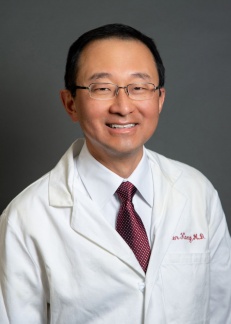Faculty
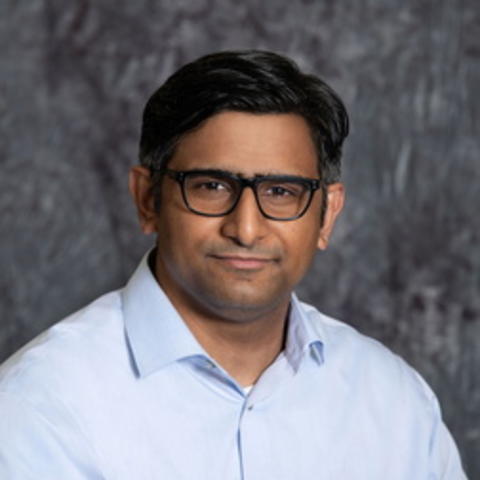
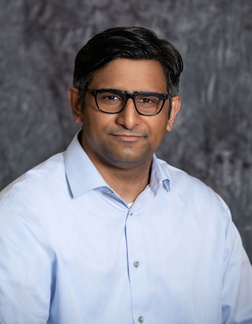
Bio
I am a board certified neurologist and practicing vascular neurologist. My research focuses on utilizing EEG as a biomarker for acute stroke detection and prognostication.
Education
Fellowships, Residencies, and Visiting Engagements
Languages
Contact
Address
PWB 12-100420 Delaware St SE
MMC 295
Minneapolis, MN 55455
Administrative Contact
Clinic
Minneapolis CSC: 612-626-6688
Academic Administrative Assistant
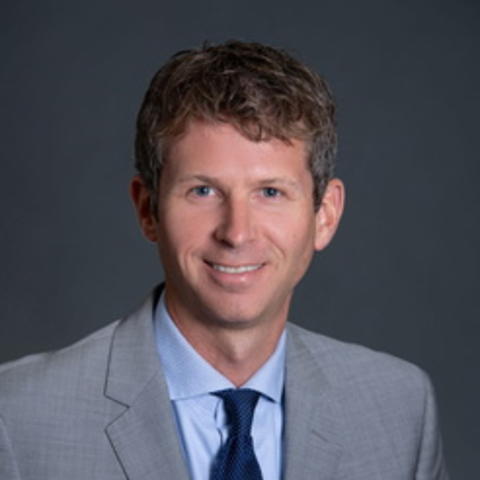
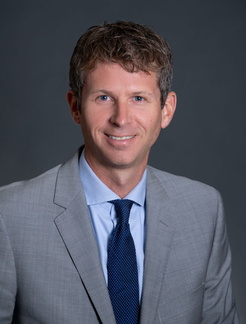
Bio
My clinical and academic interests are focused primarily on inflammatory neuropathy. The inflammatory neuropathies include Guillian-Barre Syndrome (GBS), chronic inflammatory demyelinating polyneuropathy (CIDP), and multifocal motor neuropathy (MMN). Through various studies I hope to improve the techniques that we use to diagnose inflammatory neuropathy and to find new and improved ways to treat inflammatory neuropathy. This includes both investigation of new medications as well as improving the way we utilize standard medications. Every person is different; with different treatment requirements, different reactions to medications, and different goals for treatment. Much of my research aims to customize treatment to individual patient needs so that we can optimize treatment outcomes on an individual level.
Education
Fellowships, Residencies, and Visiting Engagements
Honors and Recognition
Contact
Address
PWB 12-100420 Delaware Street SE
MMC 295
Minneapolis, MN 55455
Administrative Contact
Clinic
Neurology Central Line: 612-626-6688
Minneapolis CSC - EMG Clinic: 612-626-6680
Academic Administrative Assistant
Cathie Witzel
witz0007@umn.edu
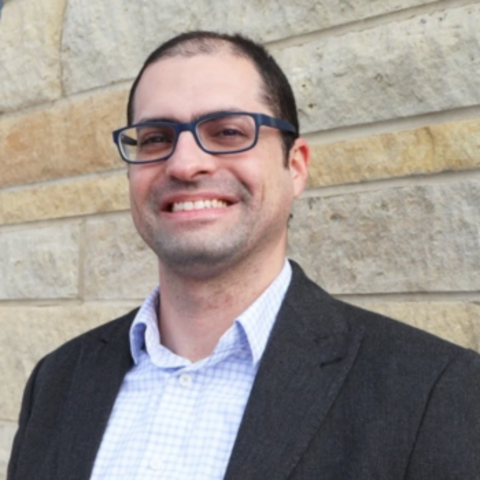
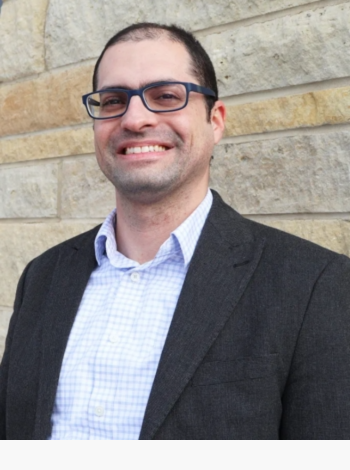
Contact
Administrative Contact
Clinic
Neurology Central Line: 612-626-6688
Edina: 952-836-3695
Administrative Assistant Contact
Shannon McCrady
mccra148@umn.edu
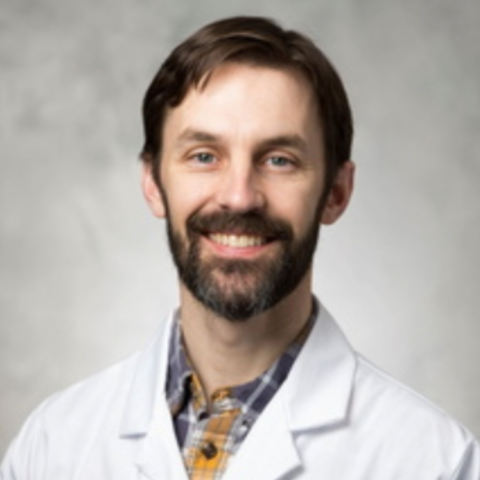
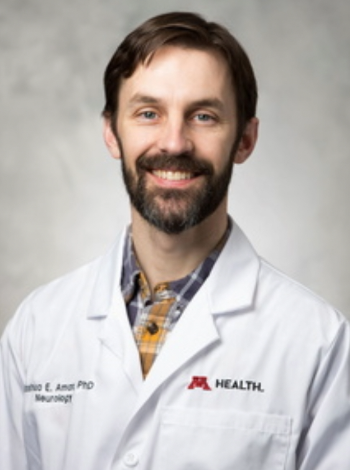
Bio
Dr. Aman's research focuses on examining neurophysiological and biomechanical markers and indications of movement disorders such as dystonia, Parkinson's disease, and essential tremor. That is, investigating the underlying neurophysiological mechanisms of movement disorders and quantifying how they manifest themselves through signs and symptoms. In parallel, his work also focuses on the mechanisms of action of deep brain stimulation (DBS) and its effects on neurophysiological processes and subsequent (motor and non-motor) behavioral changes.In addition to his research, Dr. Aman was trained in clinical neurophysiology by leading experts Dr. Jerrold Vitek MD, PhD and Dr. Scott Cooper MD, PhD on the interpretation of intraoperative neurophysiological brain activity, or "brain mapping". Dr. Aman provides support to the U of M neurosurgical team during DBS electrode implant surgeries by interpreting neurophysiological (brain) activity in order to determine the optimal location for implanting the electrode within targeted structures deep in the brain.
Contact
Address
PWB 12-100420 Delaware St SE
MMC 295
Minneapolis, MN 55455
Administrative Contact
Clinic
Neurology Central Line: 612-626-6688
Administrative Assistant Contact
Shannon McCrady
mccra148@umn.edu
NMRC Operations Manager
Wyatt Doepke
doep0013@umn.edu
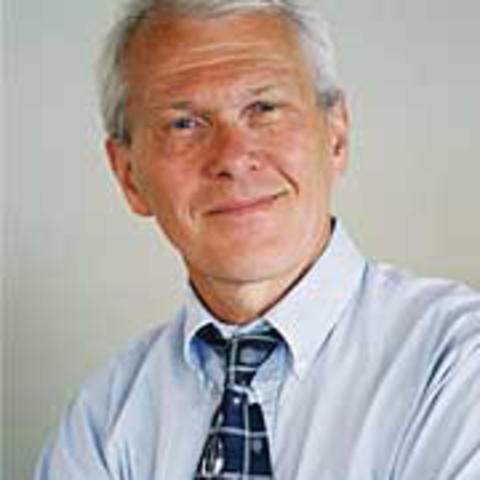
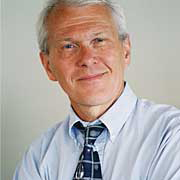
Grants and Patents
Selected Grants
Contact
Address
12-100 PWB516 Delaware St. SE
Minneapolis, MN 55455
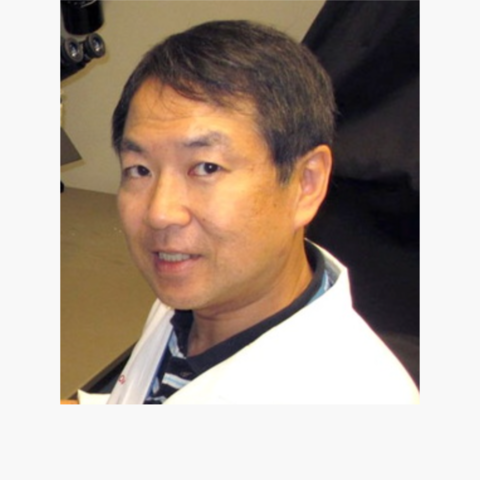
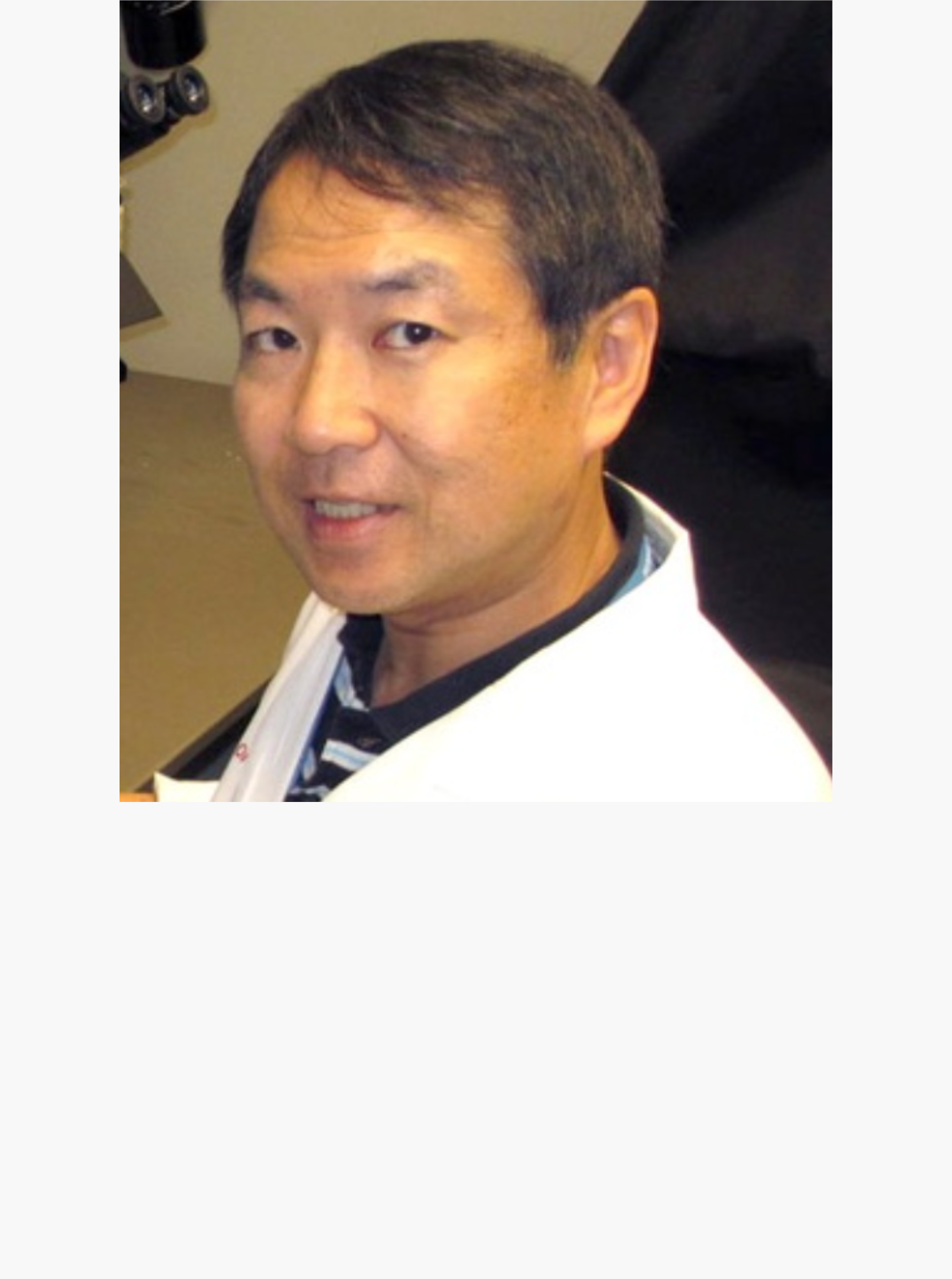
Bio
Dr. Atsushi Asakura is an Associate Professor of Neurology and a faculty member of the Stem Cell Institute in the University of Minnesota Medical School. He also belongs to Paul & Sheila Wellstone Muscular Dystrophy Center in the Medical School. Education: Dr. Asakura received his Ph.D. at the Institute of Medical Science at the University of Tokyo Graduate School and the National Institute of Neuroscience in Tokyo with Dr. Yo-ichi Nabeshima where he learned the molecular biology of skeletal muscle differentiation. He trained at the post-doctoral level at the Fred Hutchinson Cancer Research Center in Seattle with Dr. Stephen J. Tapscott. His post-doctoral studies involved the transcription factors for skeletal muscle development during early embryogenesis. He trained at the senior post-doctoral level at McMaster University in Hamilton and the Ottawa Health Research Institute in Ottawa with Dr. Michael A. Rudnicki where he started projects on skeletal muscle stem cells that contribute to muscle regeneration.
Research Summary
Over the past 30 years, Dr. Asakura has studied the myogenic transcription factors and muscle stem cells with an emphasis on Duchenne muscular dystrophy (DMD) therapy. Since he was a graduate student and postdoctoral fellow in the laboratories of Drs. Yoichi Nabeshima, Stephen Tapscott and Michael Rudnicki, he has focused on MyoD gene regulation and muscle stem cells more than 60 peer-reviewed publications. His laboratory's goals include attempting to understand the molecular mechanisms controlling muscle satellite cell (muscle stem cell) self-renewal and differentiation, and to develop novel therapeutic methods for DMD. This also involves the stem cell niche associated with vasculature in normal and regenerating skeletal muscle. And, he has recently begun exploration of cell-based therapy with induced Pluripotent Stem Cells (iPSCs) toward muscular dystrophy model animals.
Vascular niche for satellite cell self-renewal, muscle regeneration and muscular dystrophy therapy:
For an effective form of therapy of DMD, both the muscle and the vasculature need to be addressed. To reveal the developmental relationship between DMD and vasculature, Dr. Asakura created mdx mice, an animal model for DMD, carrying Flt1 mutation with increased vasculature (Hum Mol Genet, 2010). Using the animal models, his study is the first showing that developmentally and pharmacologically increasing vascular density can rescue the dystrophic phenotype in DMD model mice (PLoS Genet, 2019). This approach might be also effective to treat Facioscapulohumeral muscular dystrophy (FSHD) (J Clin invest, 2020. These data suggest that increasing the vasculature in DMD may ameliorate the histological and functional phenotypes associated with this disease. A patent for this technology has been granted in 2018 (US Patent, 2018). In addition, he established a tissue clearing protocol for skeletal muscle. Using this protocol, he is the first to image murine whole skeletal muscle using confocal and two-photon microscopy (Methods Mol Biol, 2016), and demonstrate that satellite cells pattern the microvasculature to be in close proximity to them via VEGFA, keeps the satellite cells in a more quiescent state via Notch pathway, suggesting a beneficial cross-talk (Cell Stem Cell, 2018).
Circadian transcriptional regulation in muscle stemcells:
Dr. Asakura has dedicated much of his professional career to studying MyoD function during myogenesis and muscle regeneration, and he has published more than 30 original research articles related to MyoD since he was a graduate student. His first contributions to science as an independent investigator were to demonstrate: 1)that MyoD negatively regulates satellite cell self-renewal (PNAS, 2007) via a MyoD-mediated induction of apoptosis through microRNA-mediated Pax3 gene suppression (J Cell Biol, 2010): 2) that the CDK inhibitor p57 plays essential roles in muscle differentiation as a MyoD downstream gene(Elife, 2018): 3) that myogenesis is regulated by an isomerase activity of Fkbp5 (Cell Rep, 2018): 4) that the core circadian regulator Cry2 and Per2 which regulates MyoD and IGF2 expression promotes myoblast proliferation and subsequent myocytefusion to form myotubes in a circadian manner (Cell Rep, 2018; bioRxiv, 2020).Therefore, his hypothesis is that genetic modification of transplanted stem cells using a modification of MyoD cascade may be utilized to effectively treat DMD and improve musclefunction.
DMD therapy via induced Pluripotent Stem Cells(iPSCs):
Dr. Asakura also demonstrates that upon being infected with a retroviral vector expressing the four reprogramming factors, the satellite cell-derived myoblasts successfully gave rise to iPSC colonies. To the best of their knowledge, this study is the first showing that fully committed myogenic cells can be reprogrammed to iPSCs (Stem Cells. 2011). His hypothesis is that myoblast-derived iPSCs may maintain epigenetic memory of myogenic status, which might contribute to the higher myogenic differentiation potential. Recently, he established the blastocyst complementation to generate iPSC-derived skeletal muscle in chimeric animals (World Patent Application, 2016). A key to the generation of human myogenic cells and skeletal muscle in a host animal is the selective knockout of genes in the blastocyst that are critical for organ development. These concerted approaches will help us to create iPSC-derived myogenic cells in vivo, which can be transplanted into patients for a definitive cure of DMD. In addition, the generation of iPSC-derived DMD skeletal muscle in mice will serve as an animal model to study the characteristics and regeneration of the human skeletal muscle diseases and responses to pharmacological agents such as exon-skipping.
Contact
Address
McGuire Translational Research Facility2001 6th St SE, Rm 4-220
Minneapolis, MN 55455
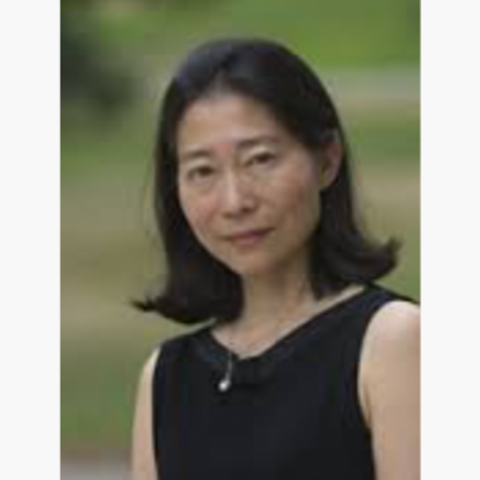
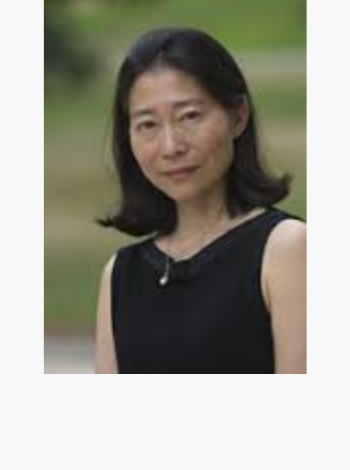
Bio
Karen Hsiao Ashe, MD, PhD, a professor in the Department of Neurology, is a pioneer in Alzheimer's disease research. Ashe has studied the disease for more than 26 years and in her 20 years at the University of Minnesota she has trained more than 40 undergraduate, doctoral and post-doctoral scientists. Ashe has made a commitment in training the next generation of great scientists, in particular developing the careers of translational scientists. Her primary research areas include the genetics of human prion diseases; transgenic models of prion and Alzheimer's diseases; and the molecular basis of memory loss in Alzheimer's disease. Ashe's current research interest involves the discovery of tau mutations that cause neurodegeneration. Ashe created tau transgenic mice to study tau-based mechanisms of memory loss and neurodegeneration. In 2006, Ashe became the founding Director of the N. Bud Grossman Center for Memory Research and Care, a tripartite endeavor encompassing basic, translational and clinical research and care in memory disorders.
Education
Fellowships, Residencies, and Visiting Engagements
Contact
Address
Medical Biosciences Building2101 6th St SE
Minneapolis, MN 55455
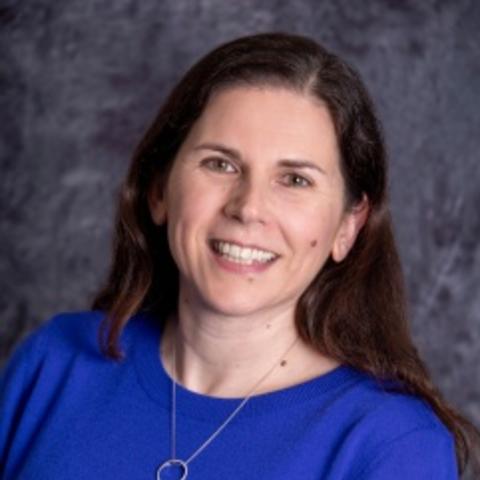
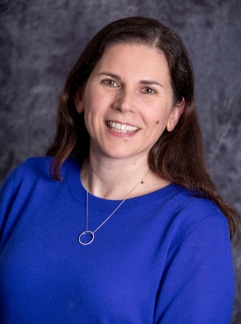
Bio
Sarah M. Benish, MD, FAAN, is currently the Physician Co-Chief for M Health/Fairview Neuroscience service line. She is also the Division Head for General Neurology at the University of Minnesota. She enjoys her clinic time as a general neurologist. Over her career, she has developed an interest in treating headache patients but continues to enjoy caring for all neurological diseases.
Clinical Summary
Clinics and Surgery Center; Neurology Clinic
Education
Fellowships, Residencies, and Visiting Engagements
Contact
Address
420 Delaware St. SE , MMC 295Minneapolis, MN 55455-0501
Administrative Contact
Clinic
Neurology Central Line: 612-626-6688
Edina: 952-836-3695
Woodbury: 651-326-2150
Academic Administrative Assistant
Kayla Ayers
ayers106@umn.edu
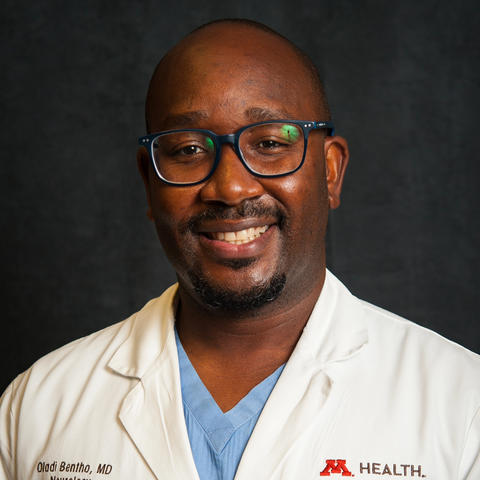
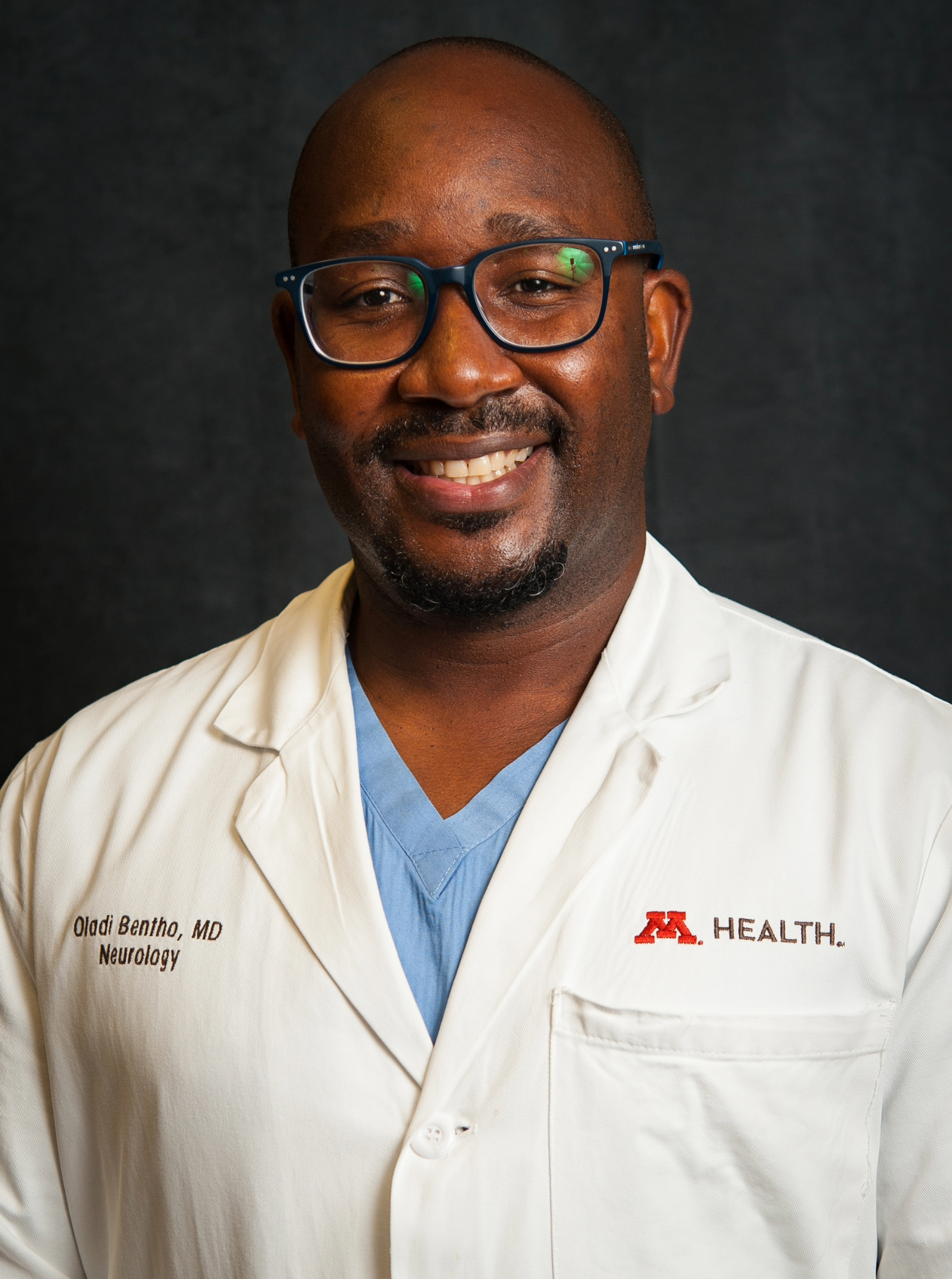
Bio
Dr. Bentho is a board certified neurocritical care specialist. He treats patients with primarily neurological or neurosurgical conditions that require acute care in the intensive care unit. He is also the Neurocritical care fellowship program director.
Research Summary
My research interest is in identifying mechanism of injury in intracerebral hemorrhage patients and prognostication of such patients. I'm also interested in improving neuroprognostication post cardiac arrest.
Clinical Summary
Ischemic stroke; Intracerebral hemorrhage; Catecholamine; Post cardiac arrest prognostication
Education
Fellowships, Residencies, and Visiting Engagements
Licensures and Certifications
Grants and Patents
Selected Grants
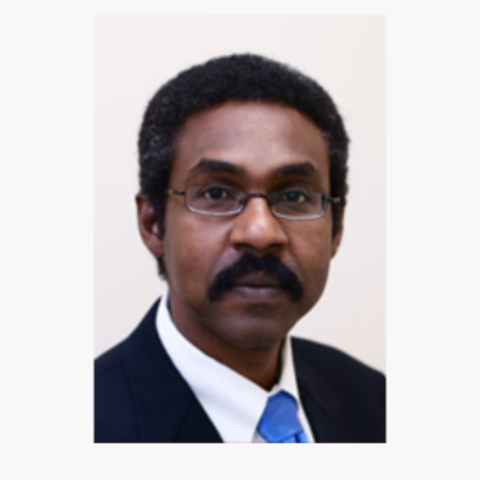
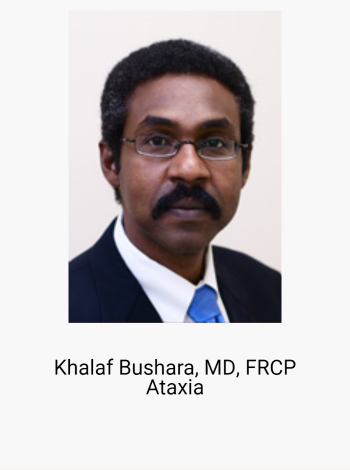
Bio
Khalaf Bushara, MD, a professor of neurology and director of the University of Minnesota Ataxia Center is a movement disorders specialist with special interest in ataxia and diseases of the cerebellum. Dr. Bushara's current research focuses on the use of functional MRI to investigate the functions of the cerebellum, including movement control and cognition.
Contact
Administrative Contact
Clinic
Neurology Central Line: 612-626-6688
Academic Administrative Assistant
Shannon McCrady
mccra148@umn.edu
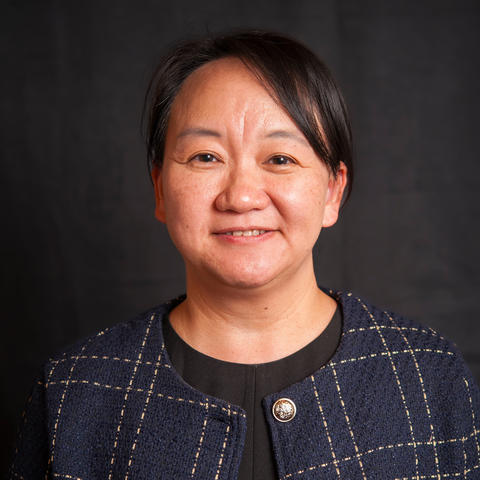
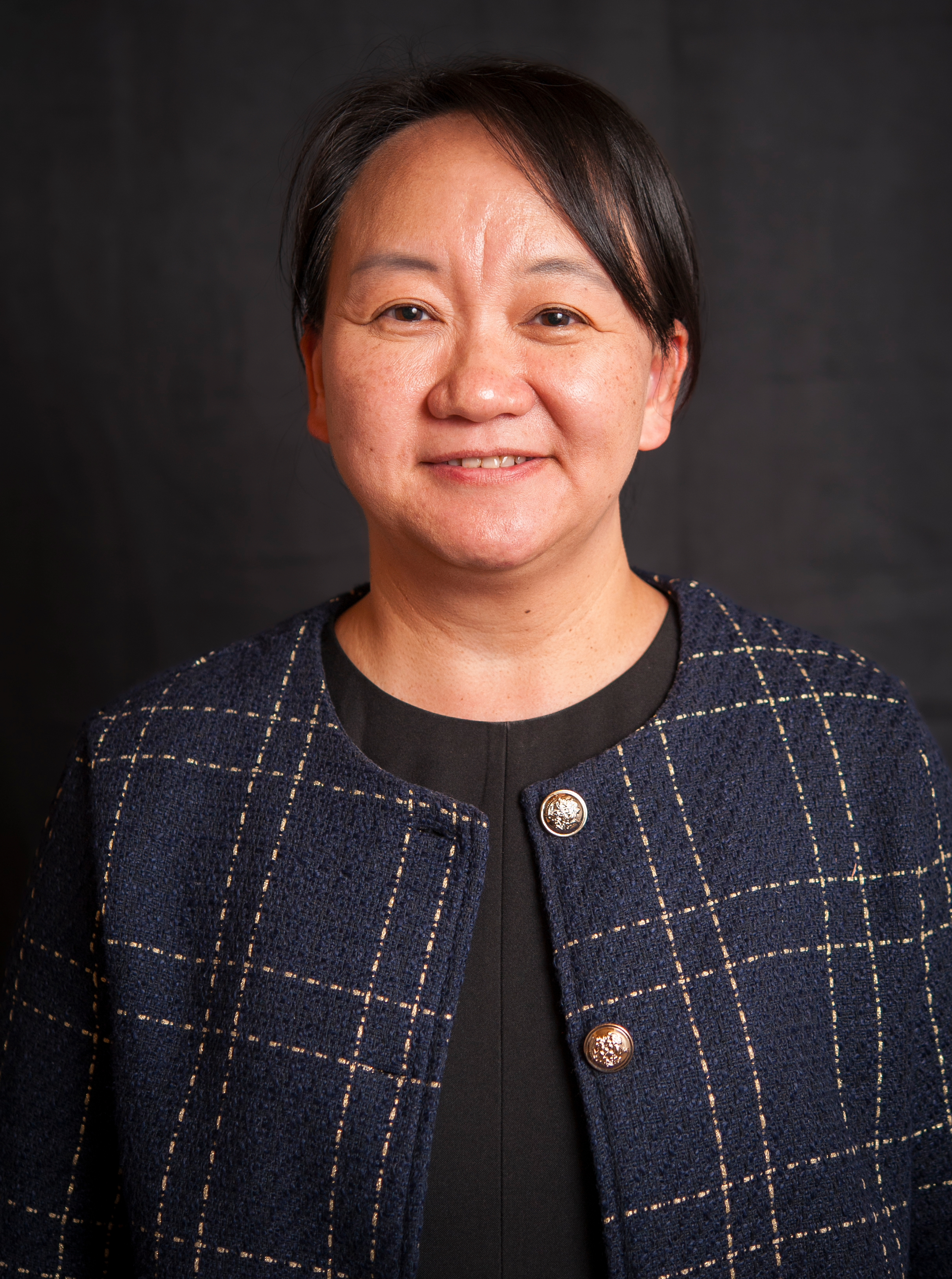
Bio
Dongming Cai, M.D., Ph.D., principal investigator. Dr. Cai is a Professor of Neurology at The University of Minnesota, and a Physician Scientist at The Minneapolis VA Health Care System. She trained in Neuroscience with Marie Filbin, Ph.D at Hunter College of The City University of New York, and in Molecular and Cellular Neurobiology during postdoctoral research with Nobel laureate Paul Greengard, Ph.D at The Rockefeller University. Later she received Neurology Residency training at Yale School of Medicine. Since 2010, she has been a physician scientist at the Bronx VA and in the Department of Neurology at the Icahn School of Medicine at Mount Sinai. By combining expertise in basic neuroscience and clinical neurology, her laboratory studies focus on translating current understanding of disease mechanisms into development of novel diagnostic and therapeutic strategies for Alzheimer’s Disease, traumatic brain injury and other neurodegenerative diseases. She also provides outpatient care for civilians and veterans with cognitive impairment at St Louis Park Memory Clinic as well as VA GRECC and Neurology teaching clinics. Dr. Cai has been remarkably productive in terms of scientific publications and awards. She was authored on many publications in high profile journals such as Neuron, Molecular Psychiatry, Biological Psychiatry, Molecular Neurodegeneration, and Science Translational Medicine. She obtained significant research funding from the NIH, Alzheimer’s Association, and VA Medical System, among others. She has also been on editorial boards of several journals. Dr. Cai can be reached at cai00268@umn.edu or dongming.cai2@va.gov.
Research Summary
Our research program has been focused on studying the regulation of brain lipid composition and metabolism by ApoE isoforms in Alzheimer’s Disease (AD) pathogenesis. One of our current research projects is to develop preclinical candidates and new chemical scaffolds for AD therapies. More importantly, we will investigate mechanistic actions of newly developed drug candidates in AD which will shed lights on understanding pathways underlying ApoE-associated
AD pathogenesis. In parallel, another major lab focus is to understand the mechanisms underlying ApoE4-associated impairment in phospholipid homeostasis and AD development. We recently characterized a novel regulatory role of a microRNA in the ApoE4-PIP 2 -synj1 pathway. Our current effort is to further evaluate therapeutic and diagnostic implications of thismiRNA in AD. Other projects in the lab are focusing on exploring the interaction between ApoE4
and other risk factors such as traumatic brain injury and female sex in AD development and progression. We also work on investigating the role of ApoE isoforms in injury models such as spinal cord injury. Our research group has close collaboration with Department of Genetics and Genomic Sciences, Department of Neuroscience, Department of Pharmacological Studies in Icahn School of Medicine at Mount Sinai.
Contact
Administrative Contact
Clinic
Neurology Central Line: 612-626-6688
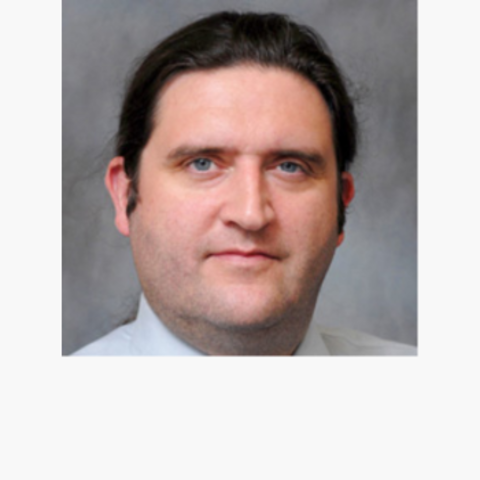
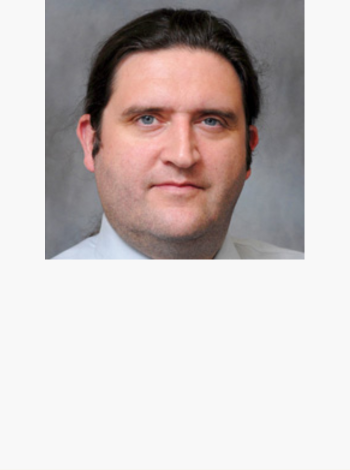
Education
Fellowships, Residencies, and Visiting Engagements
Contact
Address
11BOne Veterans Drive
Minneapolis, MN 55417
Administrative Contact
Clinic
Neurology Central Line: 612-626-6688
Academic Administrative Assistant
Cathie Witzel
witz0007@umn.edu
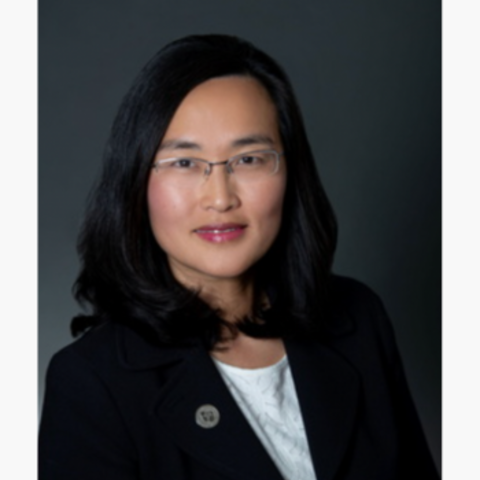
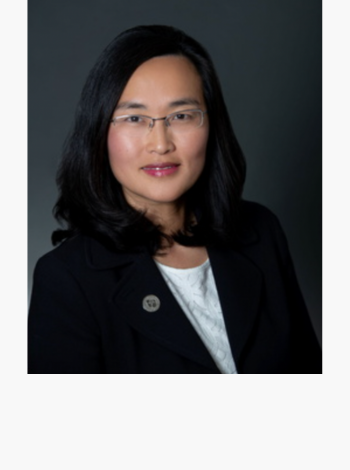
Bio
Expertise: Vestibular Disorders
Education
Fellowships, Residencies, and Visiting Engagements
Selected Publications
Contact
Administrative Contact
Clinic
Neurology Central Line: 612-626-6688
Academic Administrative Assistant
Shannon McCrady
mccra148@umn.edu
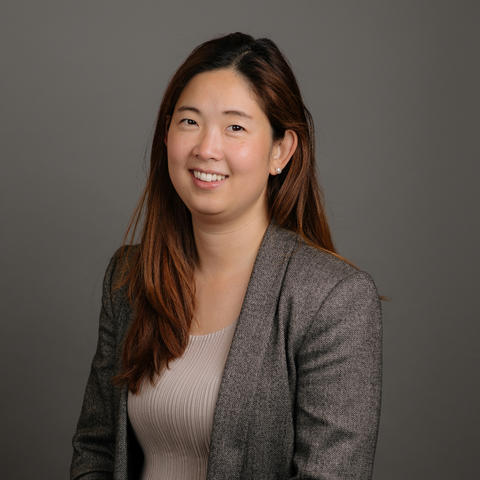
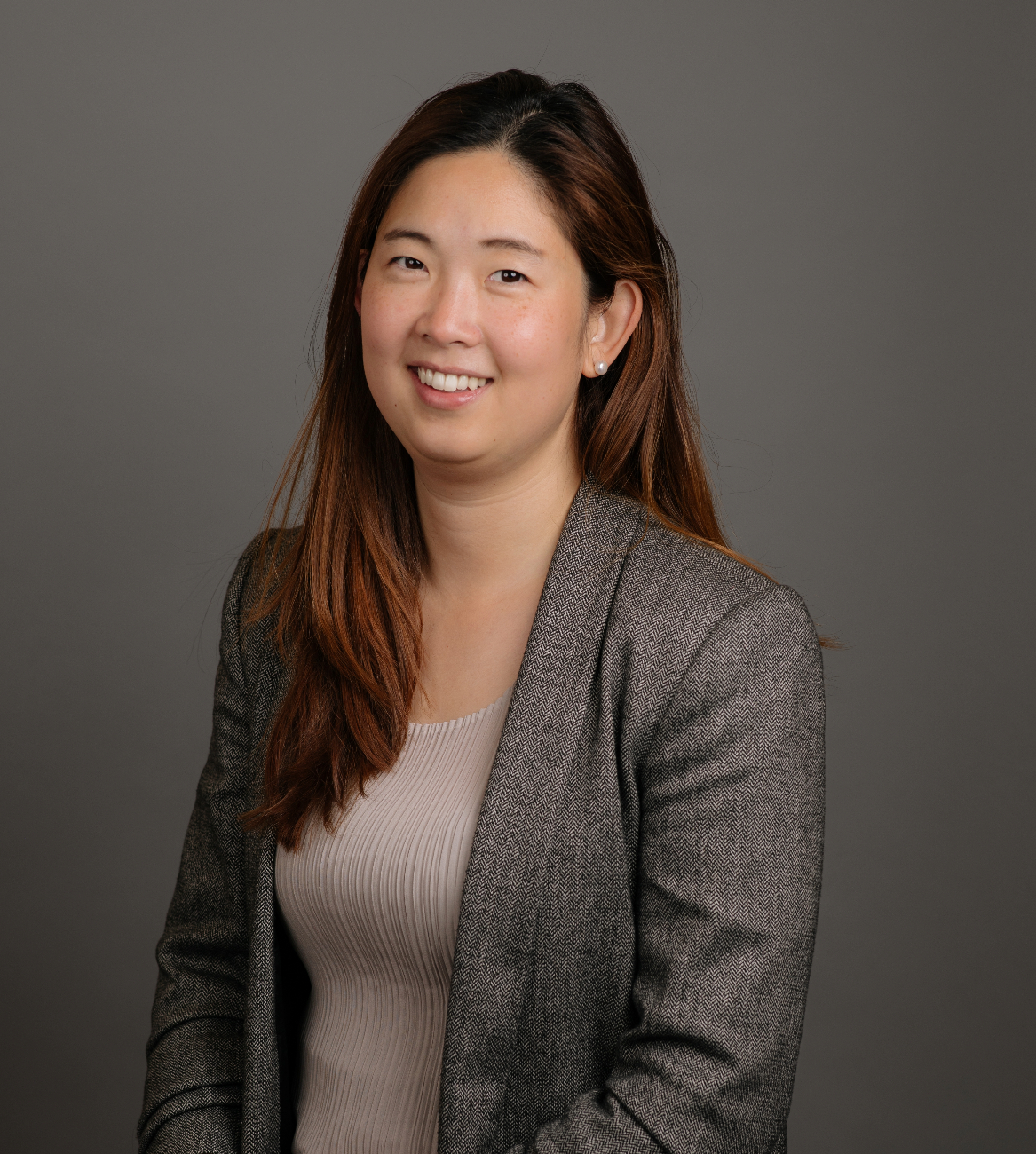
Bio
Pitcha Chompoopong, MD is a neurologist specialized in neuromuscular and autonomic disorders. Her publications include clinical research studies aiming to help better understand clinical presentations of various neuromuscular conditions including hereditary neuropathies, immune-mediated neuropathy, and genetic muscle disorders. Given her background in internal medicine, she has special clinical and research interests in neuromuscular and autonomic manifestations of systemic diseases, especially primary and hereditary amyloidosis. She is a part of the multidisciplinary care team of the amyloidosis clinic at the University of Minnesota Medical Center.
Contact
Administrative Contact
Clinic
Neurology Central Line: 612-626-6688
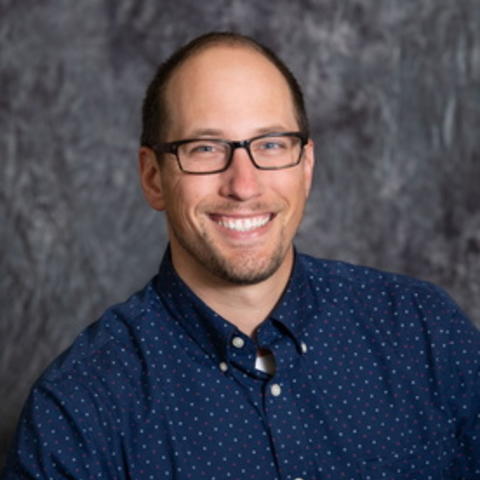
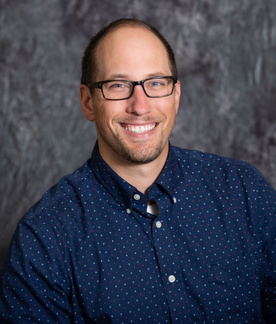
Education
Fellowships, Residencies, and Visiting Engagements
Contact
Administrative Contact
Clinic
Neurology Central Line: 612-626-6688
Woodbury: 652-326-2150
Academic Administrative Assistant
Kayla Ayers
ayers106@umn.edu
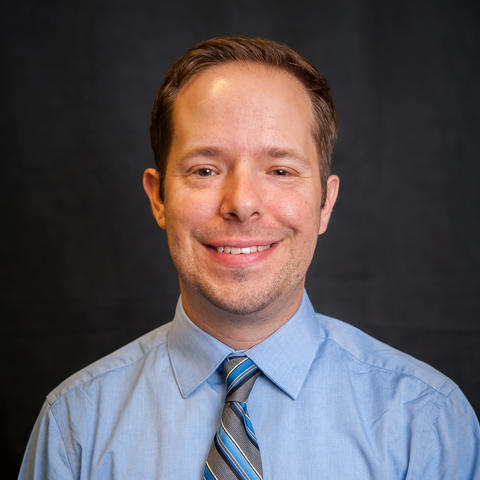
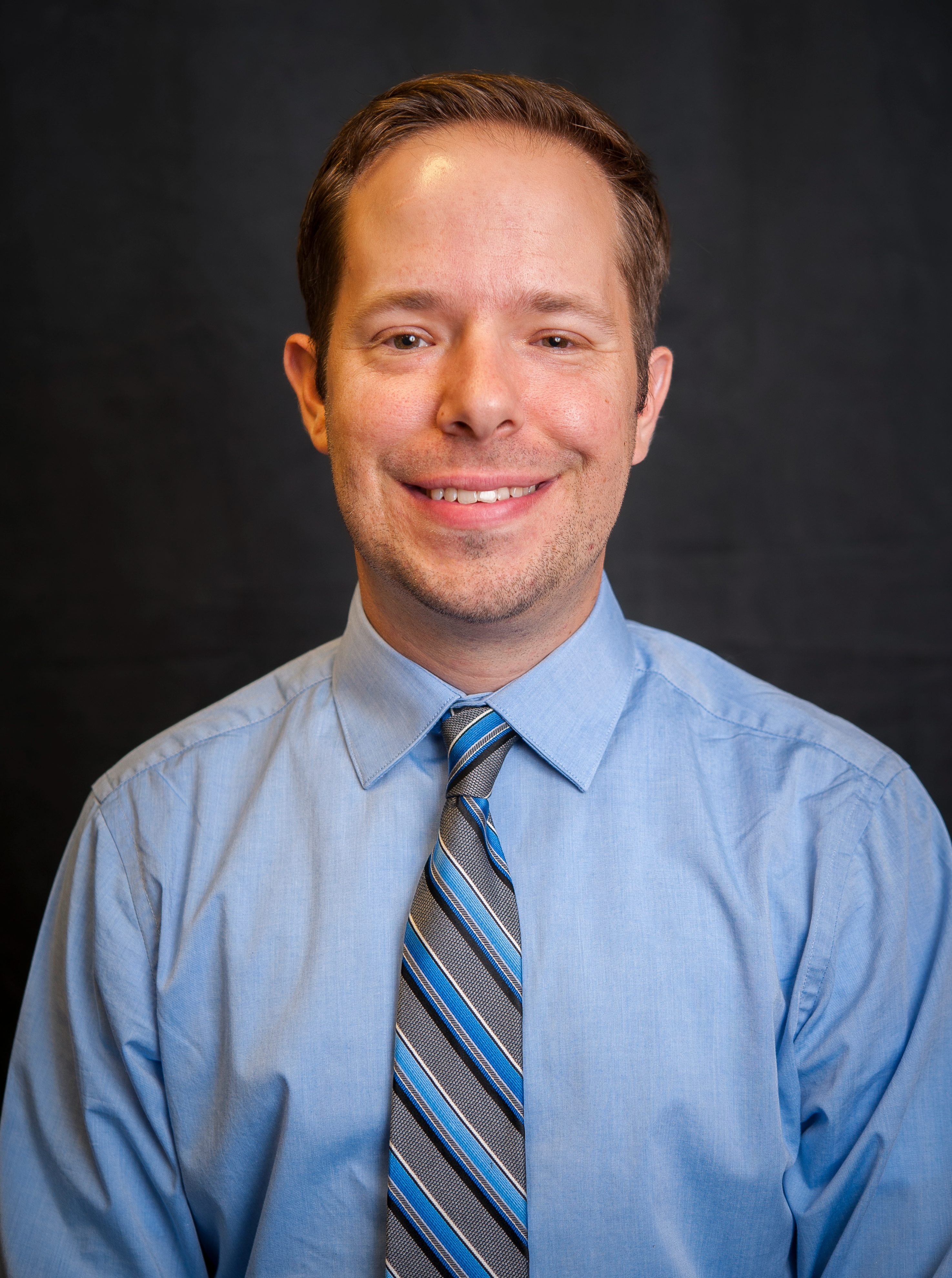
Bio
Dr. Cole is a board-certified pediatric neurologist who specializes in pediatric neuroimmunology. He graduated from Grinnell College with a degree in biology and a concentration in neuroscience, then attended Loyola University Chicago Stritch School of Medicine for medical school. He completed his child neurology residency and neuroimmunology fellowship at the University of Iowa. Dr. Cole’s clinical interests include pediatric demyelinating diseases (e.g. MOG antibody associated disease and multiple sclerosis), autoimmune encephalitis, leukodystrophies, and general child neurology. He takes pride in forming close connections with his patients and their families, creating a collaborative therapeutic alliance, and helping families navigate challenging diagnoses.
Clinical Summary
Clinical Interests:
- General Child Neurology
- Demyelinating Diseases
- Autoimmune Neurology
- Leukodystrophies
Contact
Administrative Contact
Explorer Clinic: 612-365-6777
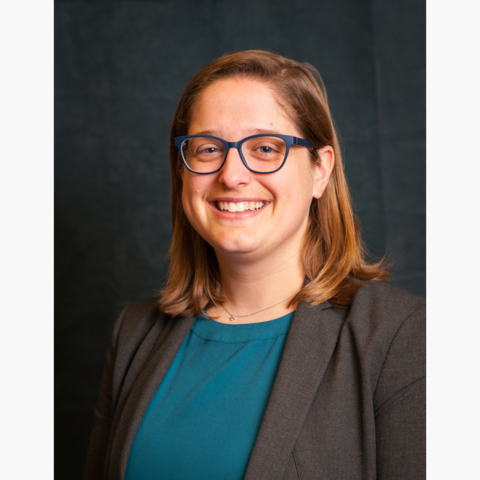
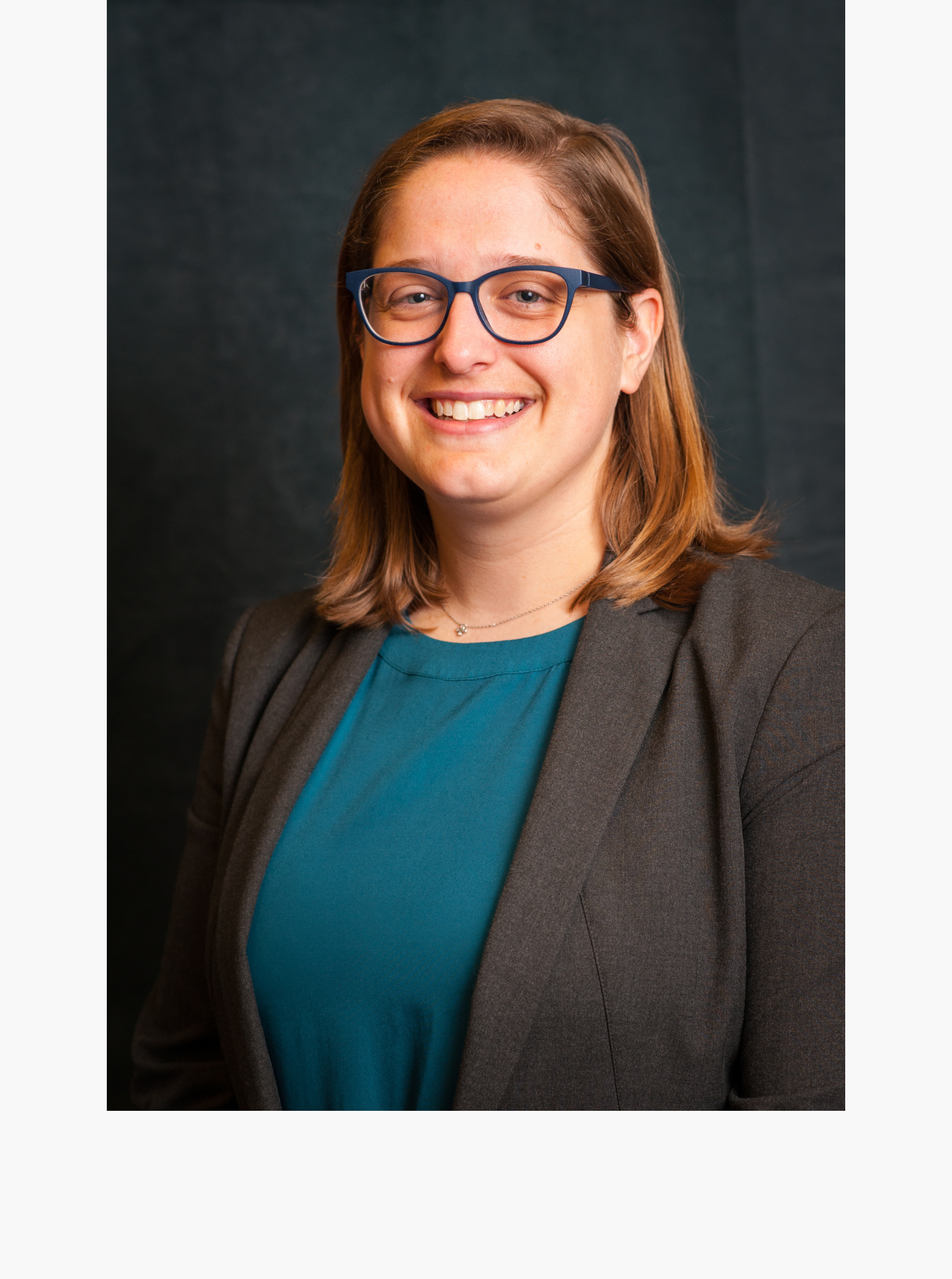
Education
Fellowships, Residencies, and Visiting Engagements
Contact
Administrative Contact
Clinic
Neurology Central Line: 612-626-6688
Academic Administrative Assistant
Shannon McCrady
mccra148@umn.edu
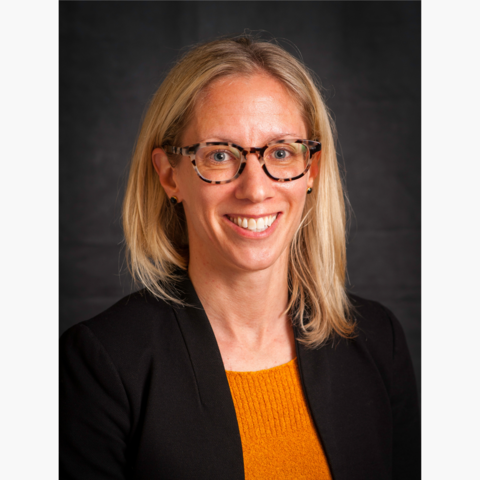
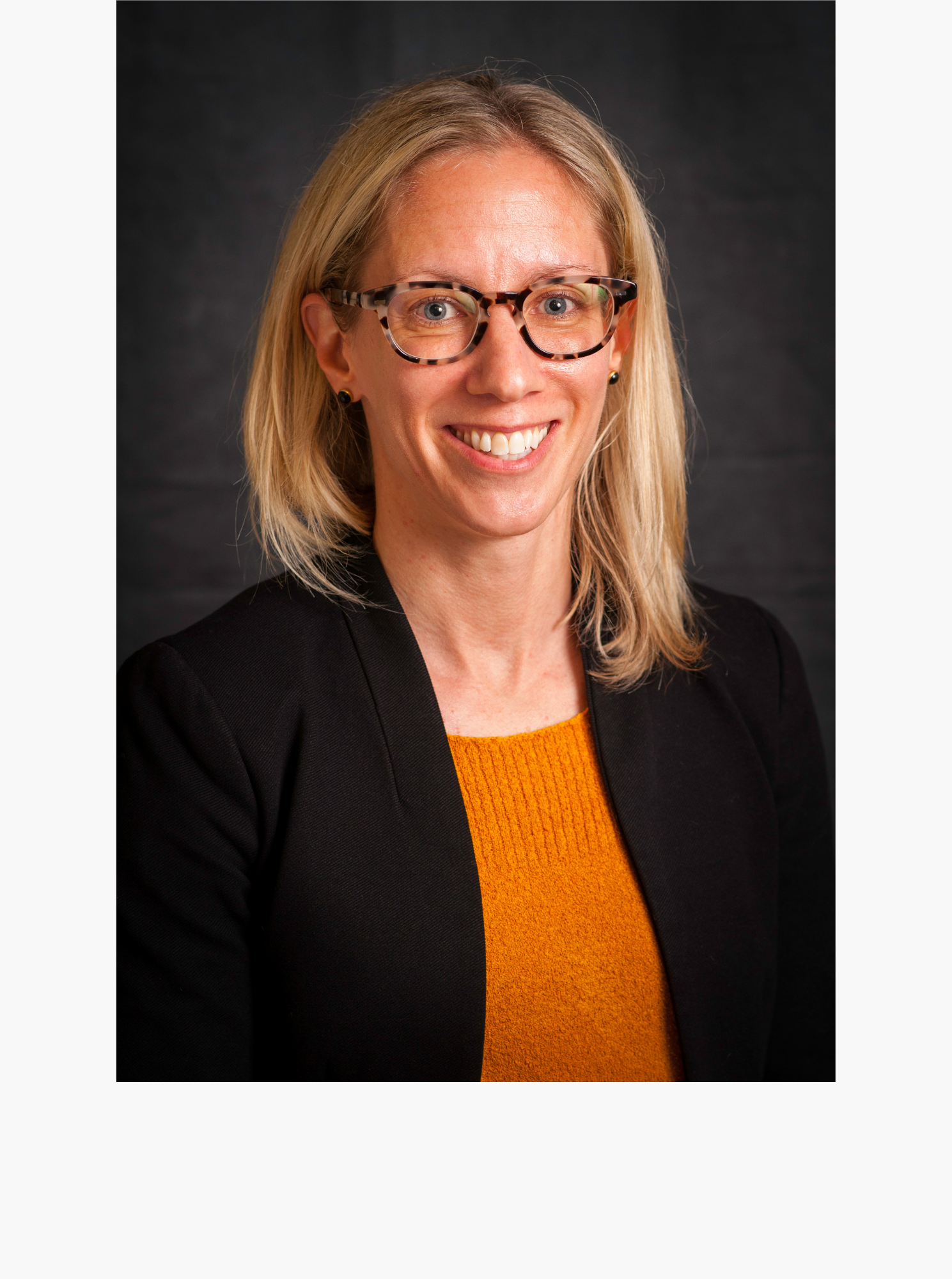
Education
Fellowships, Residencies, and Visiting Engagements
Contact
Administrative Contact
Clinic
Neurology Central Line: 612-626-6688
Woodbury: 651-326-2150
Academic Administrative Assistant
Cathie Witzel
witz0007@umn.edu
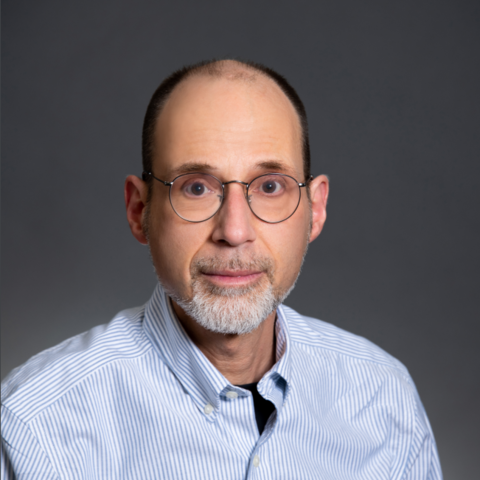
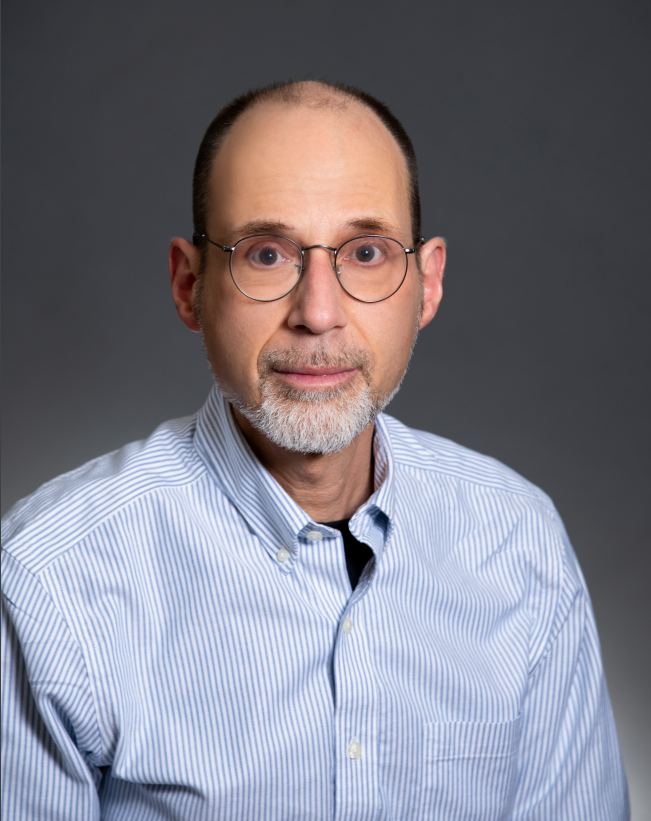
Bio
My medical education began early: as a child, in fact, watching my father, a very hardworking physician of the old school, constantly checking on his patients, responding to their problems, always thinking about them. He was a model for me even before I decided to become a doctor myself. In medical school at Columbia University I encountered another model, the eminent Dr. Stanley Fahn, with whom I later did my fellowship training in Movement Disorders. People brought him their most difficult problems, and no matter how tough the case he always found ways to help them: I have always tried to do the same.
After fellowship, I joined the Movement Disorders group at the Cleveland Clinic, which had one of the earliest large programs in the country for deep brain stimulation (DBS). I 'grew up' with the Cleveland Clinic DBS program becoming senior neurologist on the DBS team before moving to the University of Minnesota in December 2014.
All physicians learn from patients, but few scientists are so fortunate. I am both a physician and a scientist, and in the second role I have been privileged to learn a great deal from patients. Not only have they been kind enough and altruistic enough to participate as subjects in my own and others' research, but the insights I've gained from treating them have influenced my research while the research, I believe, has helped me treat them.
Education
Fellowships, Residencies, and Visiting Engagements
Contact
Address
PWB 12-154516 Delaware Street SE
Minneapolis, MN 55455
Administrative Contact
Clinic
Neurology Central Line: 612-626-6688
Administrative Assistant Contact
Shannon McCrady
mccra148@umn.edu
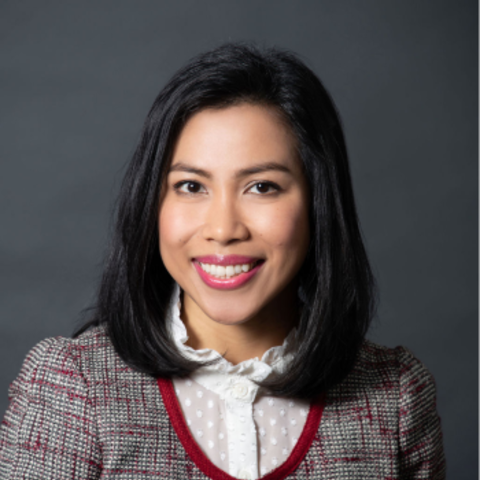
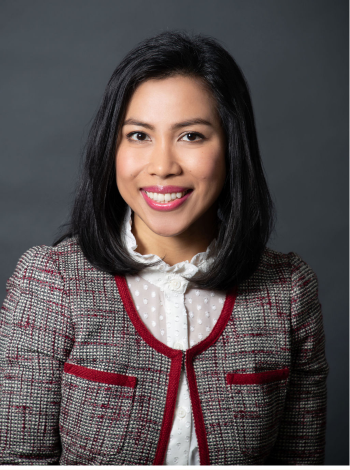
Education
Fellowships, Residencies, and Visiting Engagements
Contact
Address
PWB 12-100516 Delaware Street SE
Minneapolis, MN 55455
Administrative Contact
Clinic
Neurology Central Line: 612-626-6688
Woodbury: 651-326-2150
Academic Administrative Assistant
Shannon McCrady
mccra148@umn.edu
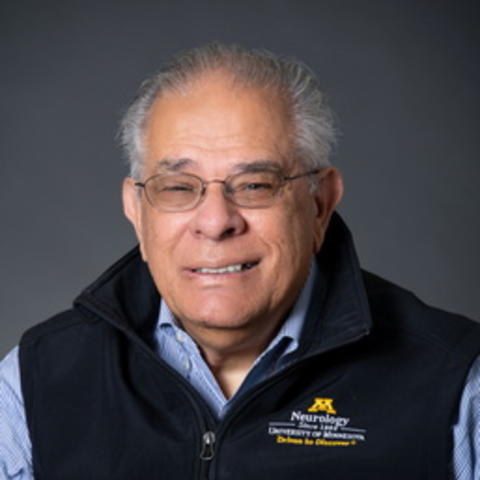
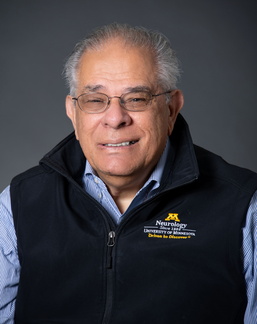
Bio
Dr. Miguel Fiol is a neurologist at the University of Minnesota Medical Center as well as a professor in the Department of Neurology at the University of Minnesota Medical School. Dr. Fiol received his MD at the University of Puerto Rico Medical School. He later attended residency at the University of Wisconsin before transferring back to the University of Puerto Rico.
At the University of Minnesota, Dr. Fiol has become a renowned researcher and clinical care provider. He has published numerous papers, mainly focusing on Epilepsy.
Dr. Fiol is also active in the community, especially on his home island. After Hurricane Maria struck the island of Puerto Rico, he returned home to provide medical assistance to residents in need, especially children. He continues to monitor and analyze the ongoing situation to help relief efforts.
Clinical Summary
Specialties: EEG, Genetics of Epilepsy, International Collaboration in Epilepsy Research, Latino Epilepsy/Neurology, Pregnancy and Epilepsy
Board Certifications: American Board of Psychiatry and Neurology (Certified in Neurology), MN State Medical License (Active through 2018)
Clinical Interests: Genetics of Epilepsy, International Collaboration in Epilepsy Research, Latino Epilepsy/Neurology, Pregnancy and Epilepsy
Education
Fellowships, Residencies, and Visiting Engagements
Languages
Contact
Address
12-158 PWB516 Delaware St SE
Minneapolis, MN 55455
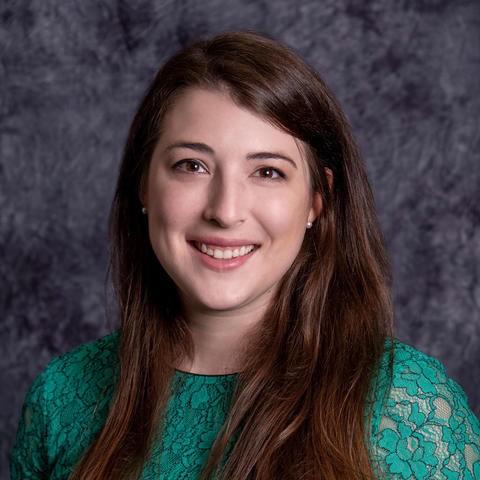
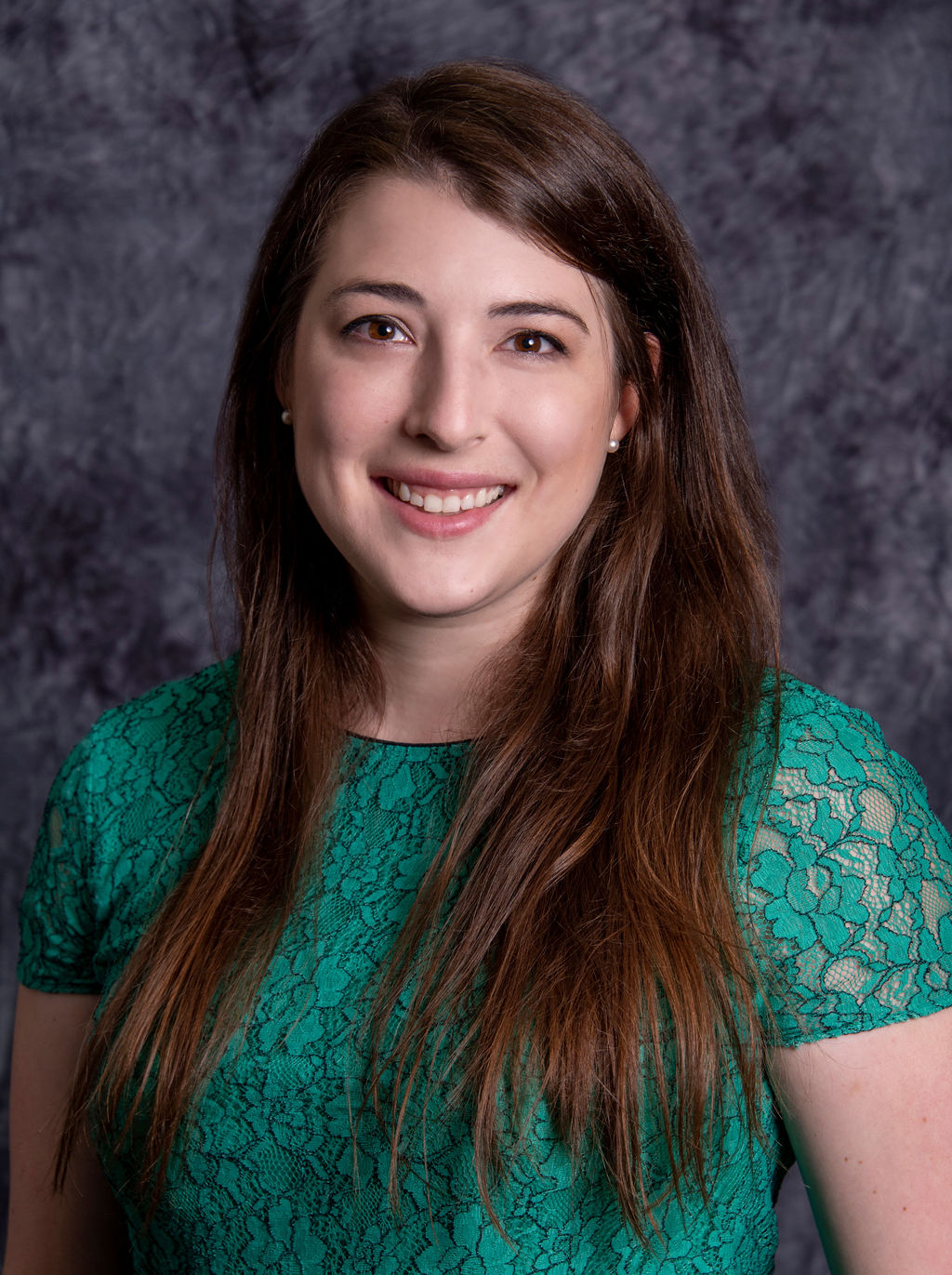
Contact
Administrative Contact
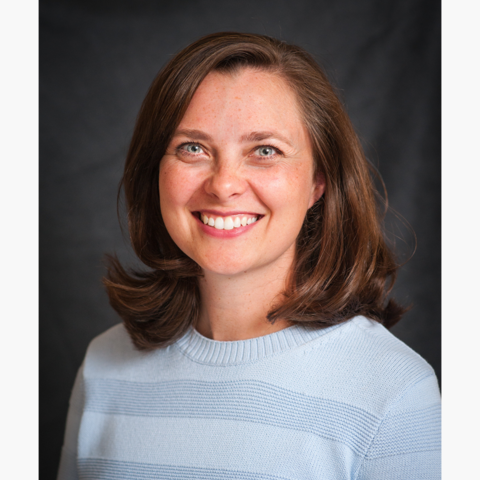
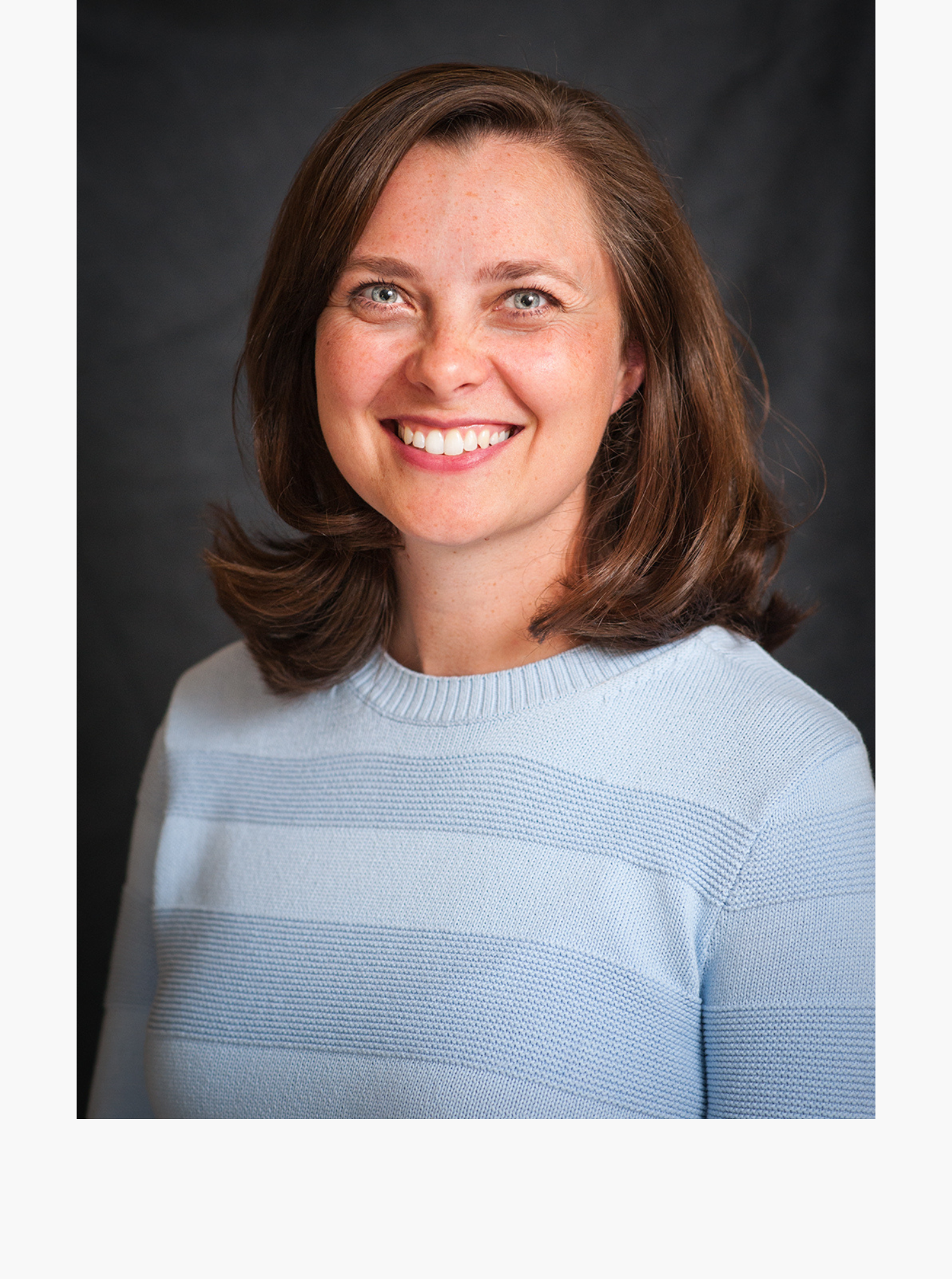
Bio
Jessica Goldstein, MD is a board-certified general pediatric neurologist and clinician educator. Dr. Goldstein earned a bachelor’s degree with highest honors in biology from Oberlin College and her medical doctorate from Case Western Reserve University School of Medicine, where she was inducted into the Alpha Omega Alpha Medical Society. She completed residencies in general pediatrics and child neurology at Rainbow Babies & Children’s Hospital. Her clinical interests include headache, neurodevelopmental disorders, care of complex neurological patients and general pediatric neurology. She is a passionate educator, proud to serve as the Child Neurology Residency Program Director and Associate Program Director for the Adult Neurology Residency. She also oversees the Graduate Medical Education Office’s Resident Leadership Academy as the Director. As an educator, she has a special interest in resident professional development, mentorship, education scholarship and the effective use of technology in curriculum design.
Education
Fellowships, Residencies, and Visiting Engagements
Licensures and Certifications
Honors and Recognition
Selected Publications
Contact
Administrative Contact
Hope Amundsen
amund579@umn.edu
Clinic
MIDB: 612-301-0115
Explorer Clinic: 612-365-6777
Maple Grove: 763-898-1000
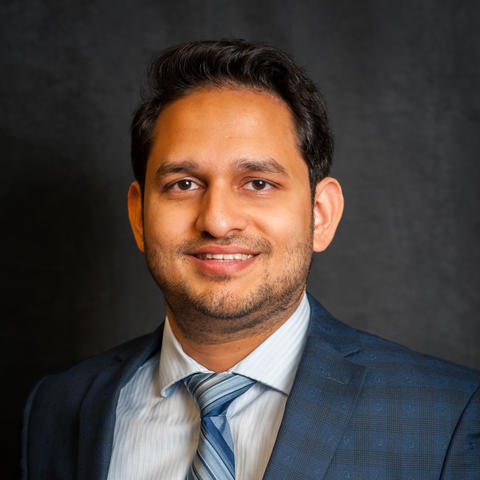
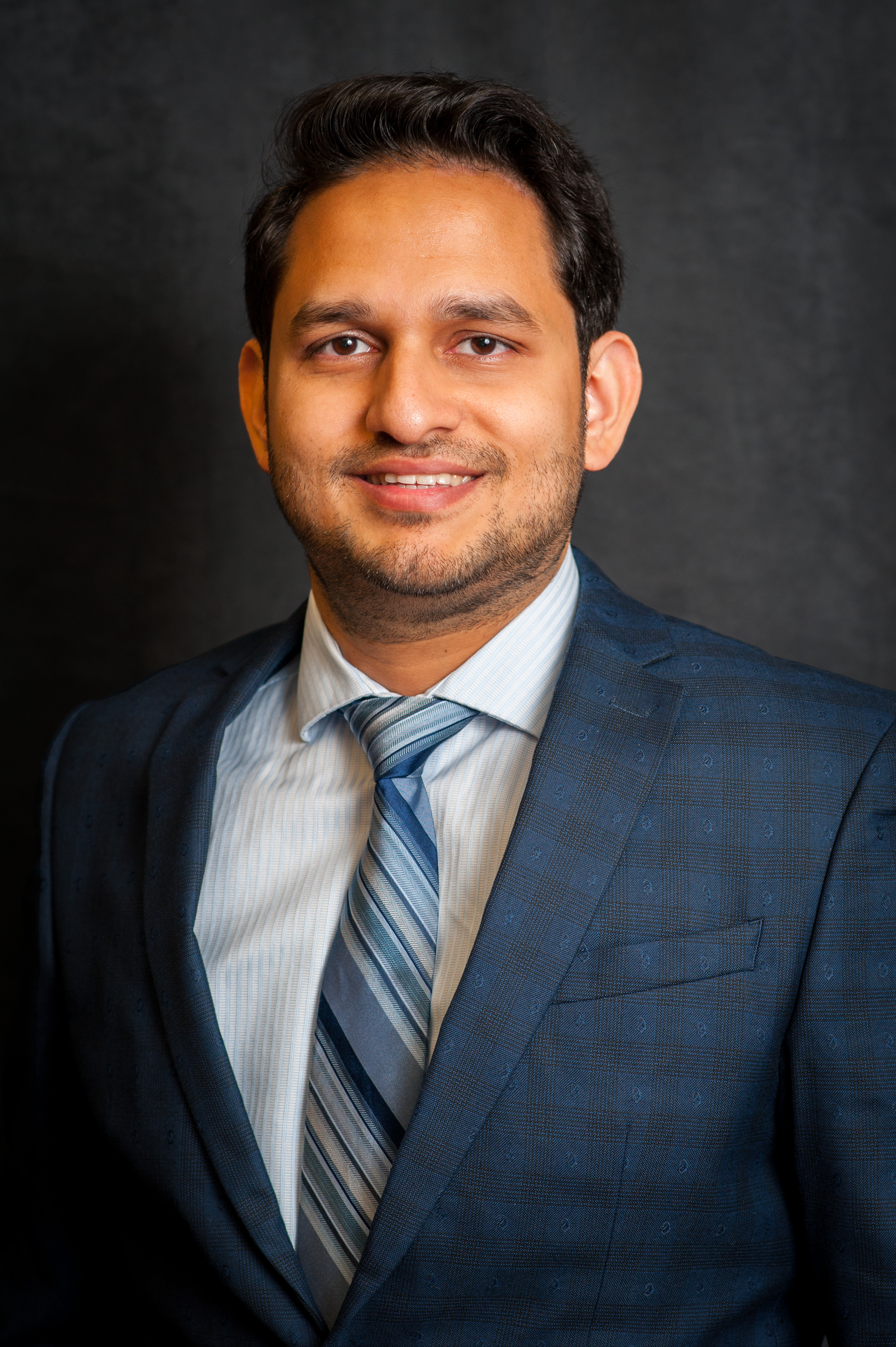
Education
Fellowships, Residencies, and Visiting Engagements
Languages
Contact
Administrative Contact
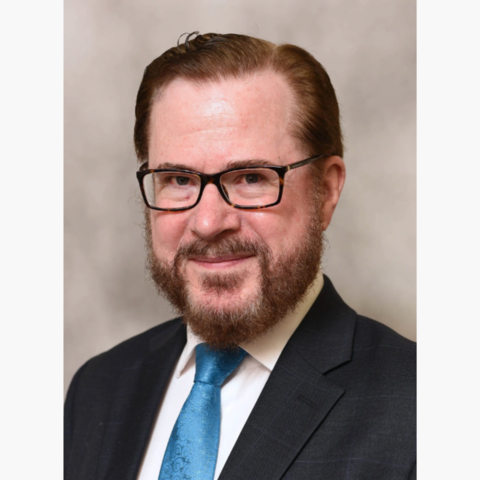
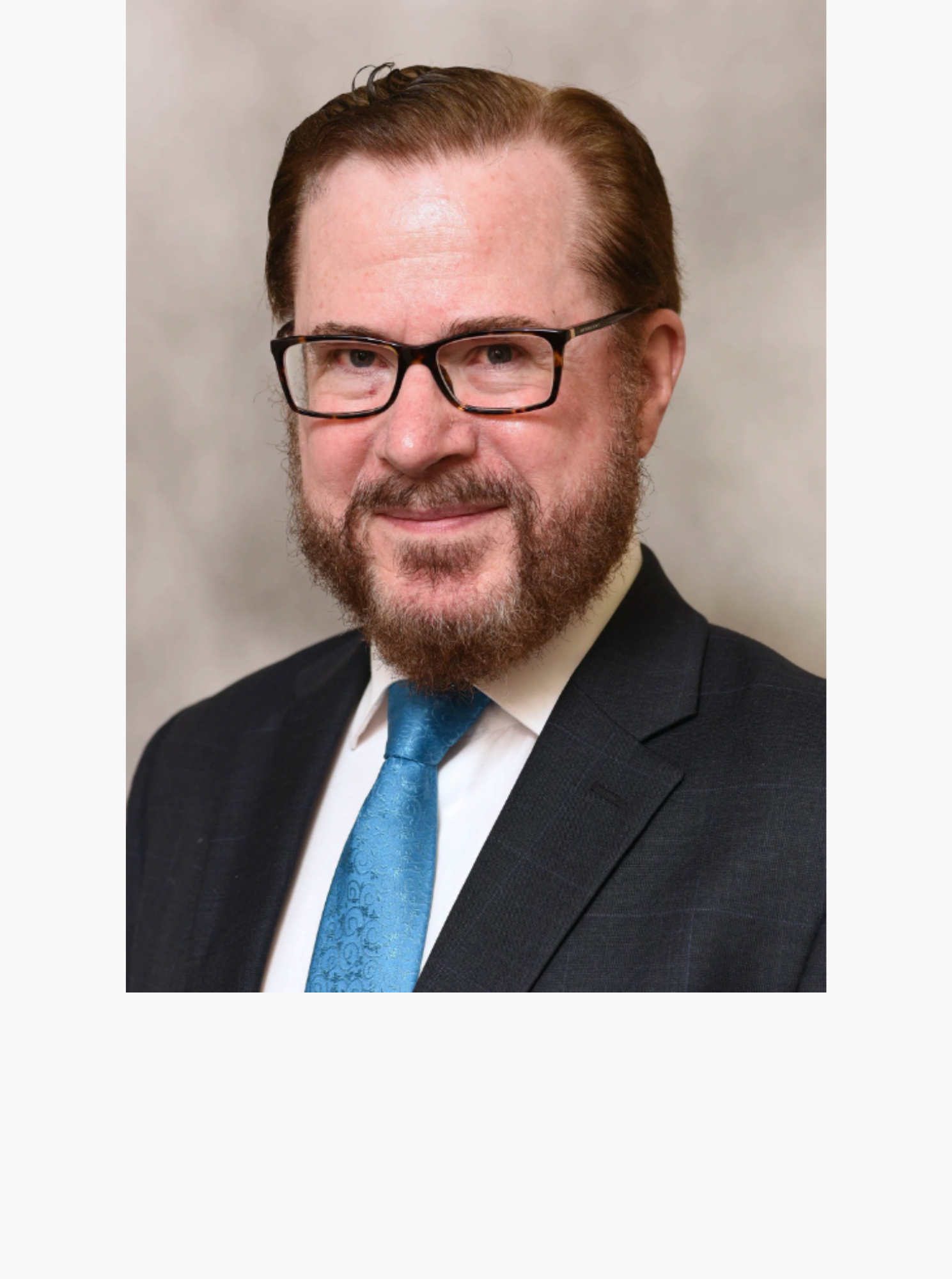
Education
Fellowships, Residencies, and Visiting Engagements
Licensures and Certifications
Contact
Address
510K717 Delaware St SE
Minneapolis, MN 55455
Administrative Contact
Clinic
Neurology Central Line: 612-626-6688
Academic Administrative Assistant
Shannon McCrady
mccra148@umn.edu
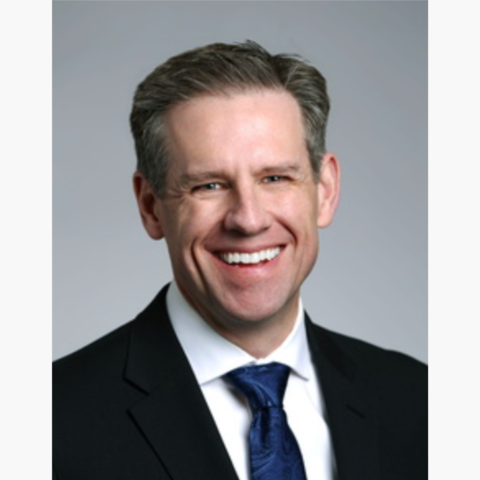
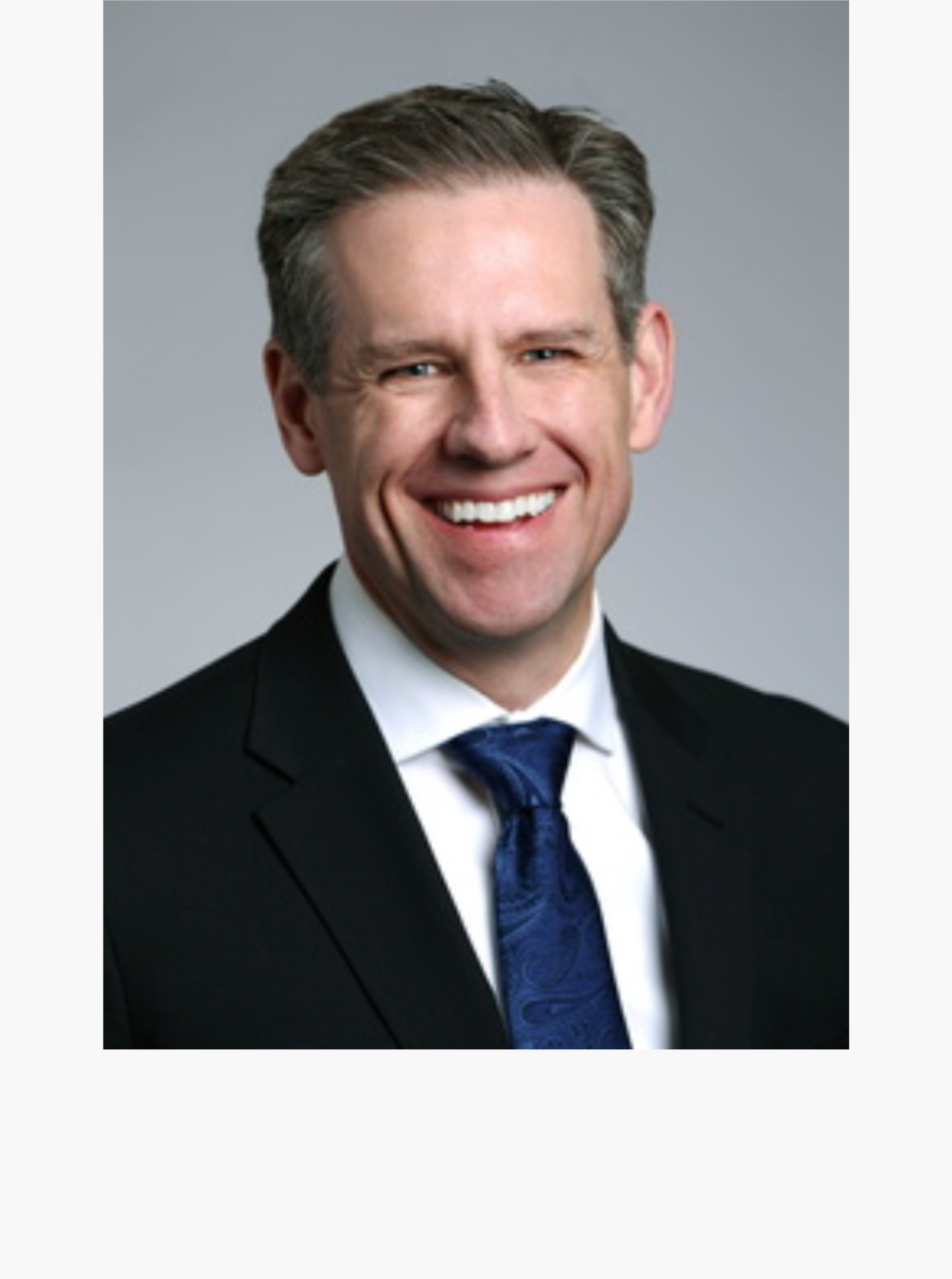
Bio
Dr. Howell is a Professor and the Division Head of Sleep Medicine in the Department of Neurology and dedicated to developing novel strategies to improve brain function and sleep health. He is the Director of the Sleep Performance Training for Athletes Program at M Health Fairview, helping elite athletes and sports teams optimize their performance through better sleep and circadian health. He is also the Vice-Chair for Education and Faculty Affairs in the Department of Neurology.
Research Summary
Dr. Howell's research interests include characterizing the relationship between sleep and neurological disorders, and determining whether these processes are reversible with current or experimental therapies. His research is funded by the National Institutes for Health and current projects include: sleep in neurodegenerative diseases such as Alzheimer's and Parkinsons's disease, the development of novel treatments for hypersomnias including narcolepsy and related conditions, and the development of novel strategies to improve the sleep health for organizations and populations.
Education
Fellowships, Residencies, and Visiting Engagements
Licensures and Certifications
Selected Publications
Contact
Address
12-100 PWB, 420 Delaware Street SE, MMC 295, Minneapolis, MN 55455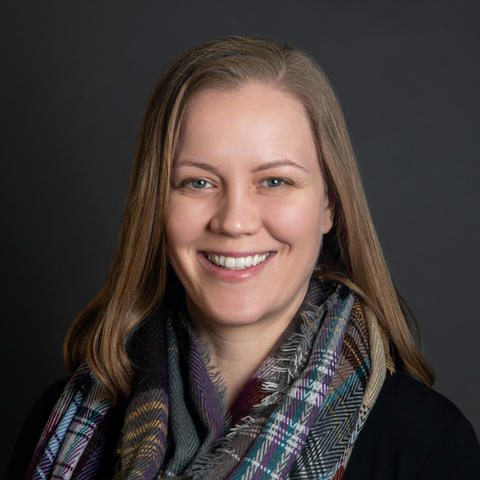
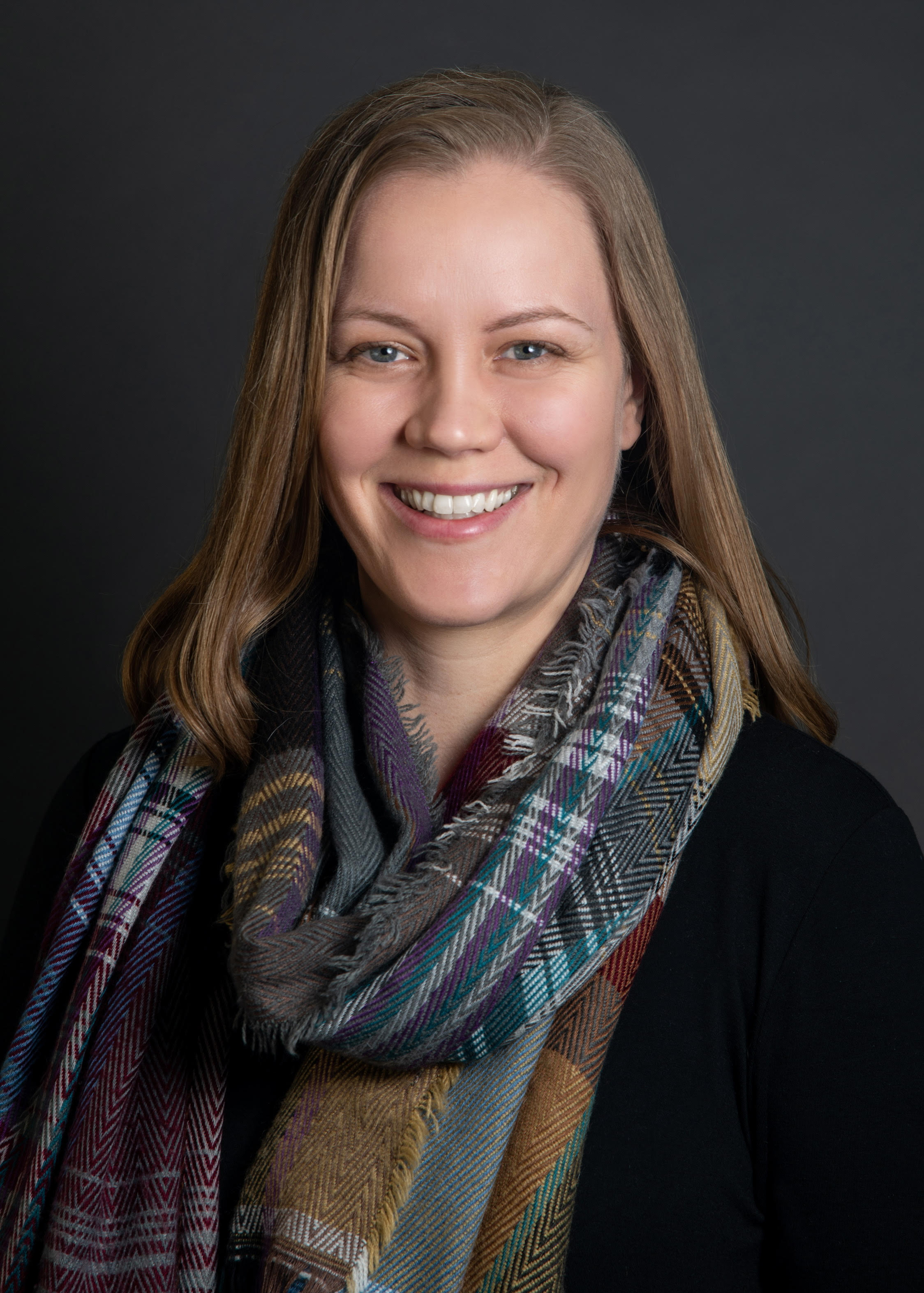
Bio
Sommer's research interests include applying engineering principles to analyze human movement (biomechanics), and looking at how treatments can modify the motor symptoms of Parkinson's disease.
Education
Contact
Address
Room 516E717 Delaware Street SE
Minneapolis, MN 55414
Administrative Contact
Shannon McCrady
mccra148@umn.edu
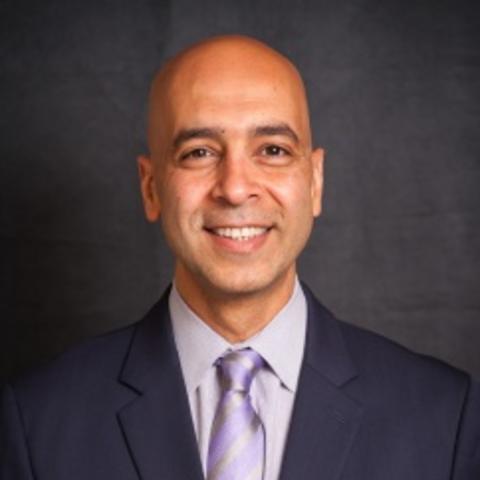
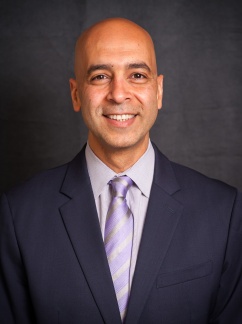
Education
Fellowships, Residencies, and Visiting Engagements
Languages
Contact
Address
MMC 295Minneapolis, MN 55455
Administrative Contact
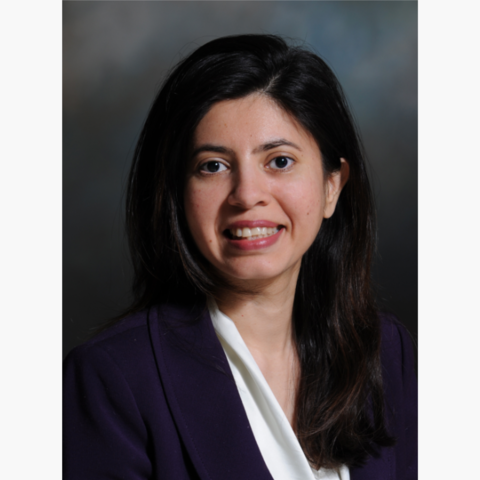
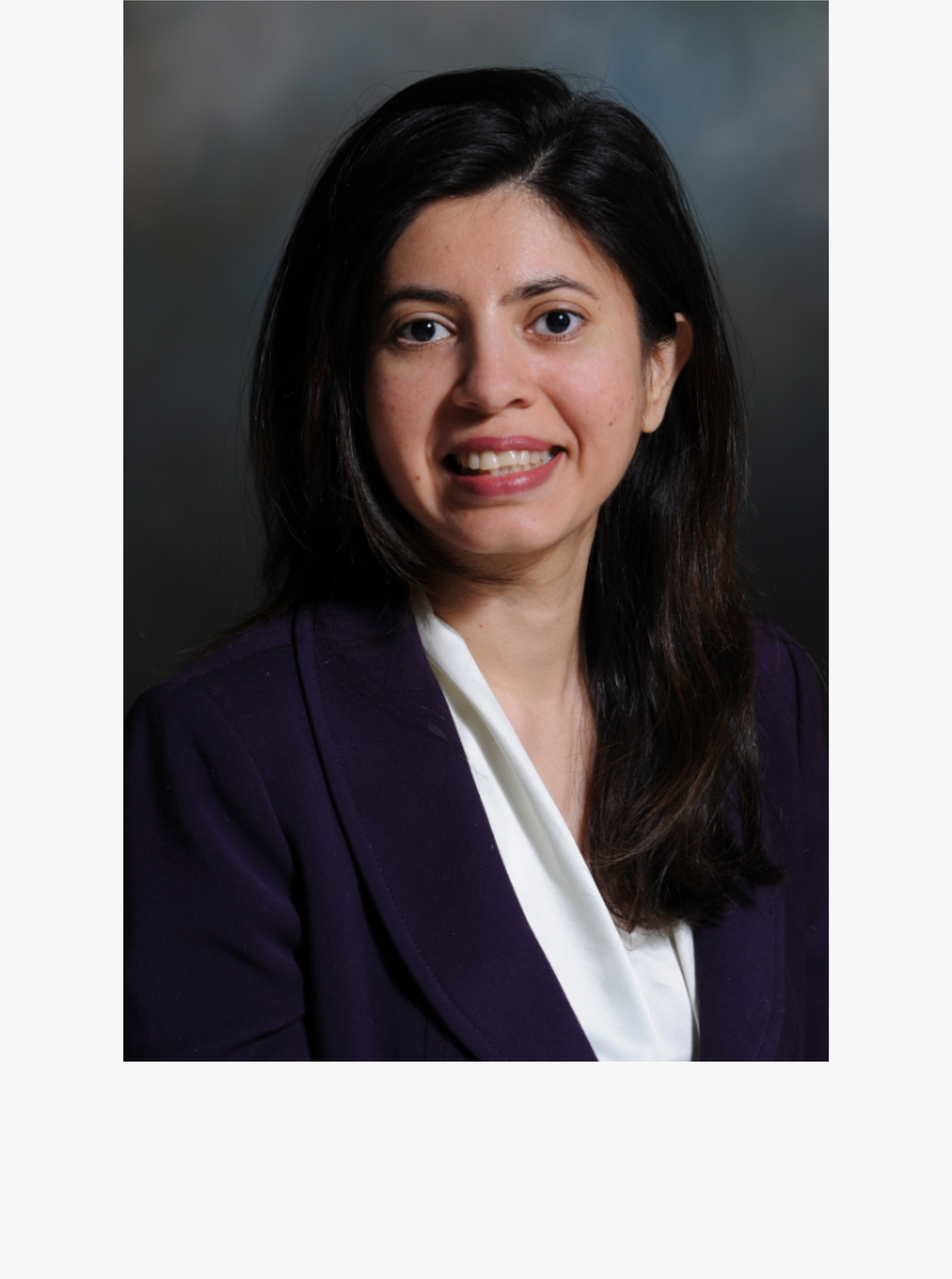
Bio
Dr. Irfan is an Associate Professor of Neurology, Program Director of Sleep Medicine Fellowship and Medical Director of Veterans Affairs Medical Center Minneapolis Sleep Services. She strongly believes in education being the essential tool to further the field of Sleep Medicine and to improve trainee, individual & population sleep. She is involved in teaching endeavors across the spectrum of learners at University, VAMC and affiliate academic institutions in her role as Site Director for Sleep Education, Founding Faculty Advisor for Medical Student Interest Group in Sleep Medicine and has been recipient of Exceptional affiliate teaching award at University of Minnesota. She has been involved with sleep education at national and international level through collaboration with AASM and other professional societies. As a part of educational enhancement, she has successfully employed various teaching practices such as fellows boot camp, interactive module for interdepartmental teaching, Sleep workshops and Tele-Sleep Education for international medical students. Her clinical interests include sleep disorders in neurological patients such as Parasomnias, Willis-Ekbom Disease, Hypersomnias, Sleep Related Movement & Sleep Related Disordered Breathing and collaboration in Telesleep to improve sleep care for all.
Research Summary
Medical Education Sleep and neurological Overlap Telesleep Medicine
Clinical Summary
Clinical Titles:
Medical Director of Sleep Services, VAHCS
Program Director of Sleep Fellowship HHS
Clinical Interests:
Sleep disorders such as Parasomnias, Willis-Ekbom Disease, Hypersomnias and Sleep Related Seizures and Sleep Related Disordered Breathing.
Clinics:
Sleep Clinic, Minneapolis Veterans Affairs Healthcare Systems
Education
Honors and Recognition
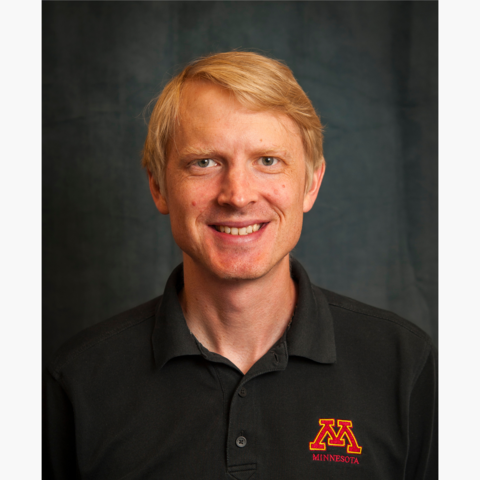
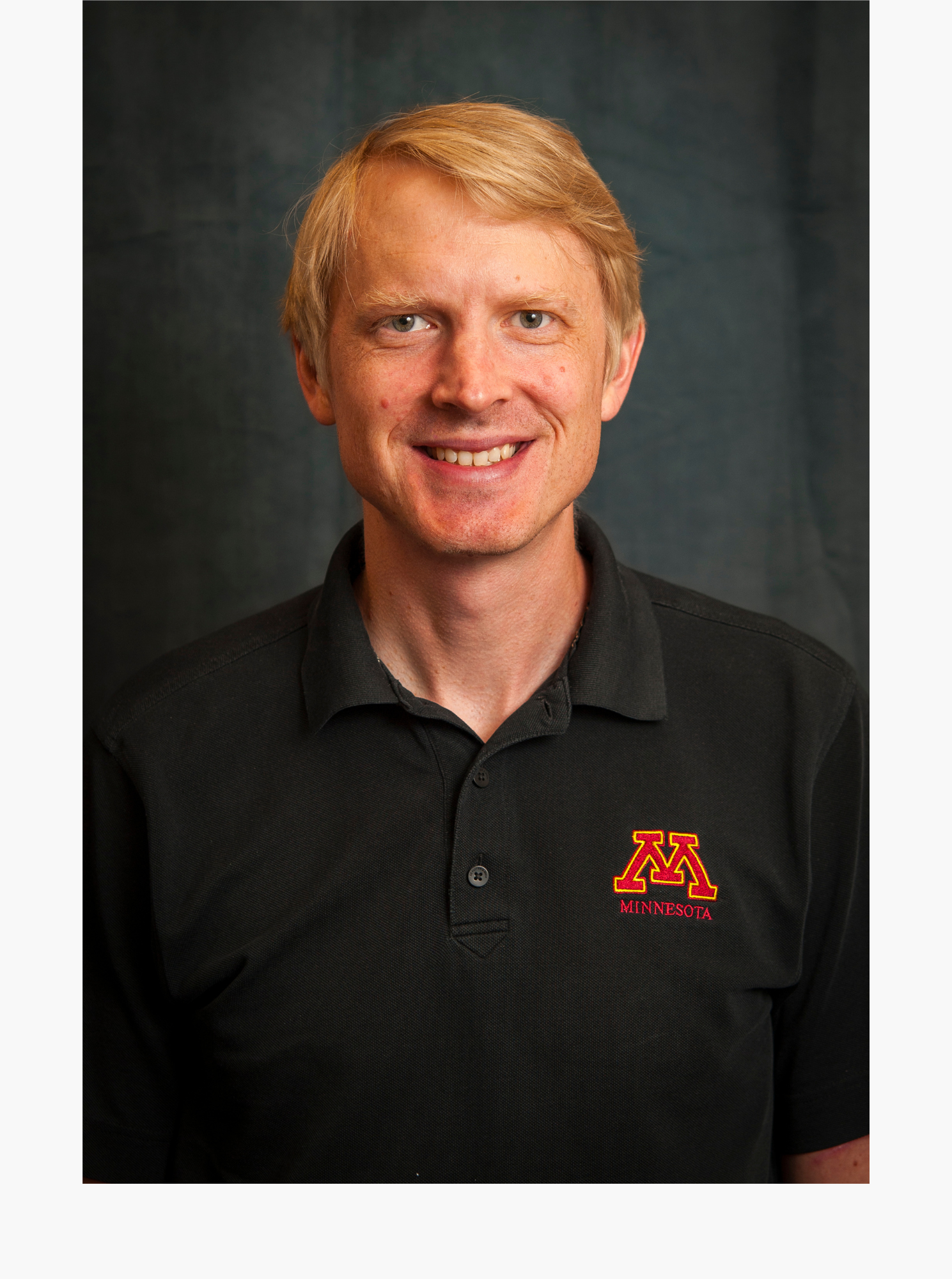
Research Summary
Dr. Johnson's research addresses critical questions regarding the brain mechanisms underlying Parkinson's disease and how to develop new and more effective strategies to deliver DBS therapies. His new methods and techniques will also have broader importance and will impact the development of other applications (e.g. brain-machine interfaces) and therapies for additional brain conditions (e.g. epilepsy, depression and dystonia).
He is utilizing neurophysiology (single unit, multi-unit and local field potentials) and behavioral approaches in models of Parkinson's disease (PD) to advance the understanding of PD pathophysiology and mechanisms of deep brain stimulation (DBS).
He is also investigating stimulation paradigms that use neural biomarkers for closed-loop control of DBS for the treatment of motor and non-motor symptoms in Parkinson's disease.
Education
Contact
Address
LRB/MTRF, Rm 4072001 6th Street SE
Minneapolis, MN 55455
Administrative Contact
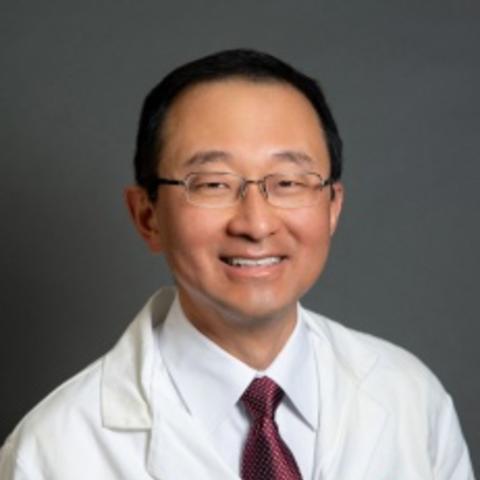
Bio
Peter B. Kang, MD, FAAN, FAAP is a pediatric neuromuscular neurologist and physician-scientist whose laboratory studies the genetics of muscular dystrophy and mechanisms of rare muscle diseases, with the goal of discovering new therapeutic targets for these diseases. He also studies DNA repair disorders including Cockayne syndrome and xeroderma pigmentosum. He has published extensively on these subjects, has co-edited a textbook of pediatric electromyography, and has been awarded multiple grants from the NIH and the Muscular Dystrophy Association to support his investigations. With support from the CDC, he led the successful initiation of the first site in Florida for the MD STARnet consortium and continues to work on this project. He is an associate editor of Muscle & Nerve and serves on the editorial board of Neurology. National presentations include lectures on pediatric neuromuscular topics at the annual meetings of the American Academy of Neurology, American Academy of Pediatrics, American Association of Neuromuscular and Electrodiagnostic Medicine, the Child Neurology Society, and the Muscular Dystrophy Association. His former trainees hold faculty positions in the United States, Canada, South Korea, and Japan. He is President of the Child Neurology Society.
Previously, Dr. Kang was Professor of Pediatrics, Chief of the Division of Pediatric Neurology, and Director of the Child Neurology Residency Program at the University of Florida College of Medicine. Earlier in his career, he was Director of the Electromyography Laboratory at Boston Children's Hospital and Associate Professor of Neurology at Harvard Medical School.
In clinic, Dr. Kang sees children with confirmed or suspected neuromuscular disorders such as muscular dystrophy, congenital myopathy, neuropathies, brachial plexus injuries, spinal muscular atrophy, and myasthenia gravis, as well as children with DNA repair disorders such as Cockayne syndrome and xeroderma pigmentosum. He will see adult patients with these conditions upon request.
Education
Fellowships, Residencies, and Visiting Engagements
Honors and Recognition
Contact
Address
PWB 12-100Minneapolis, MN 55455-0356
Administrative Contact
Samantha Cozine cozin022@umn.edu
Clinic
Neurology Central Line: 612-626-6688
Discovery Clinic: 612-365-6777
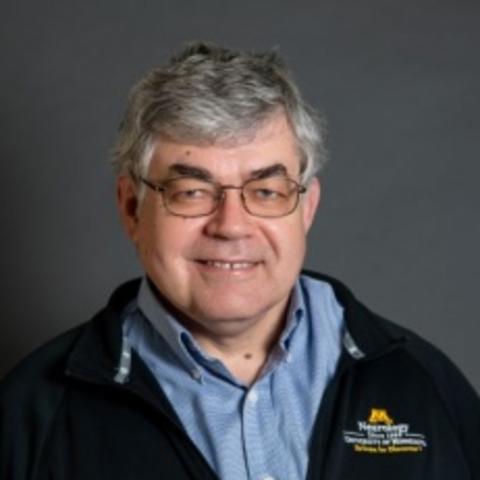
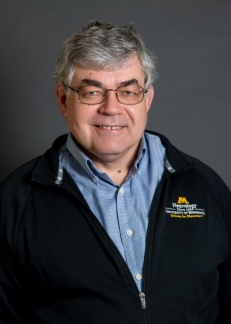
Bio
Dr. Karachunski is board certified neurologist with special qualification in pediatric neurology. He is specializing in neuromuscular medicine. Dr. Karachunski is a director of comprehensive multidisciplinary Muscular Dystrophy Association Care Center. Dr. Karachunski treats adult and pediatric patients with variety of neuromuscular disorders including muscular dystrophies and related disorders, spinal muscular atrophies, hereditary polyneuropathies, myasthenia gravis and myositis. He directs clinical research unit at the Paul and Sheila Wellstone muscular dystrophy center.
Clinical Summary
Specialties: Muscular Dystrophy, Neuromuscular Medicine, Nerve and Muscle Pathology, EMG
Education
Fellowships, Residencies, and Visiting Engagements
Licensures and Certifications
Honors and Recognition
Languages
Contact
Address
12-100 PWB516 Delaware St SE
Minneapolis, MN 55455
Administrative Contact
Clinic
Discovery & Explorer Pediatric Clinics: 612-365-6777
Neurology Central Line: 612-626-6688
Adult EMG Clinic (Minneapolis CSC): 612-626-6680
Academic Administrative Assistant
Hope Amundsen
amund579@umn.edu
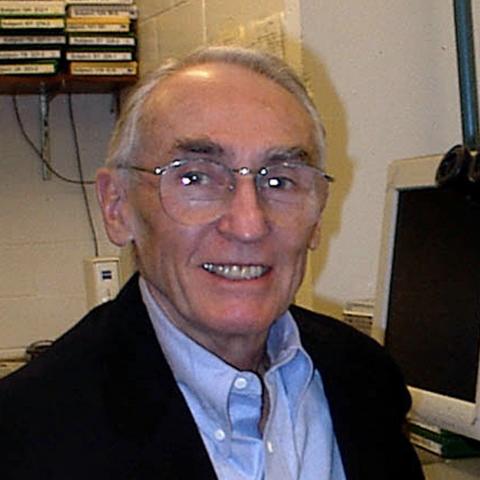
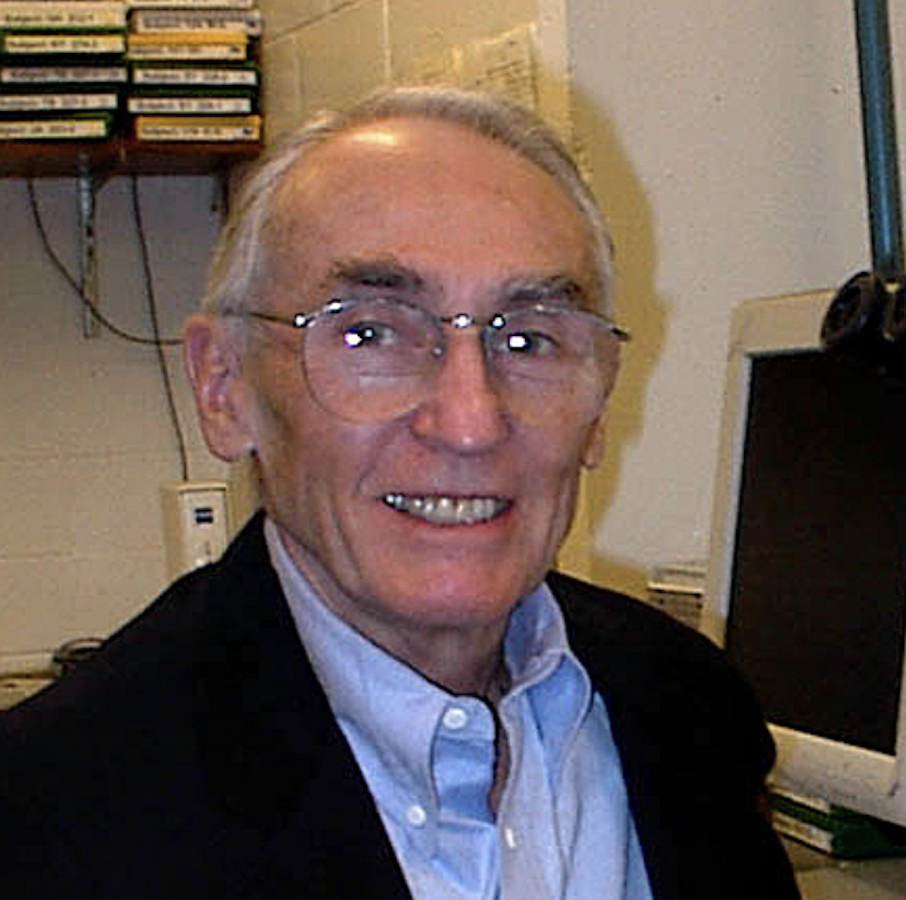
Grants and Patents
Selected Grants
Contact
Address
J114 Diehl H505 Essex St SE
Minneapolis, MN 55455
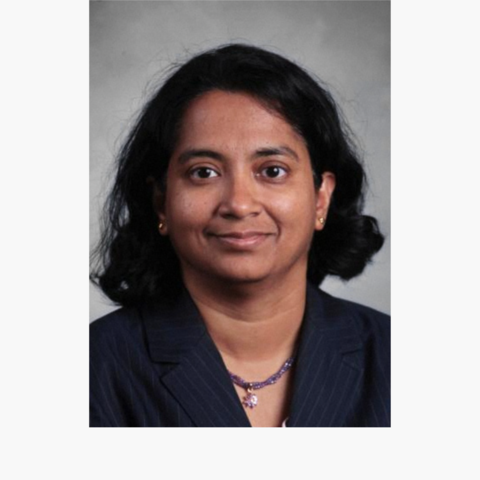
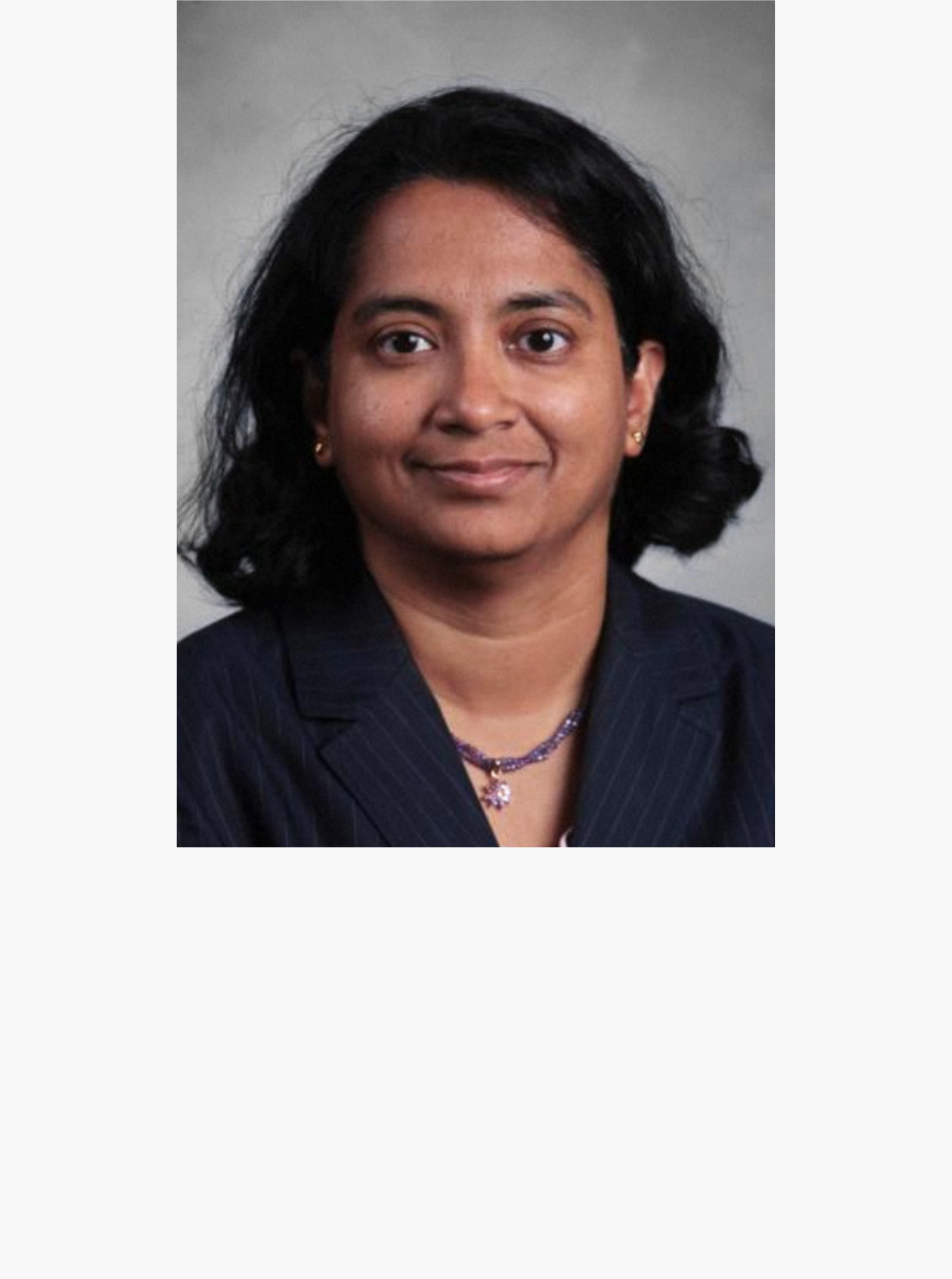
Contact
Administrative Contact
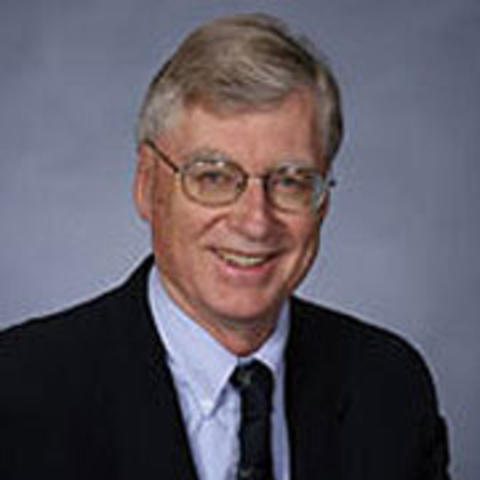
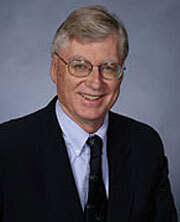
Contact
Administrative Contact
Clinic
MINCEP Epilepsy Care: 952-525-4500
Neurology Central Line: 612-626-6688
Administrative Assistant Contact
Cathie Witzel
witz0007@umn.edu
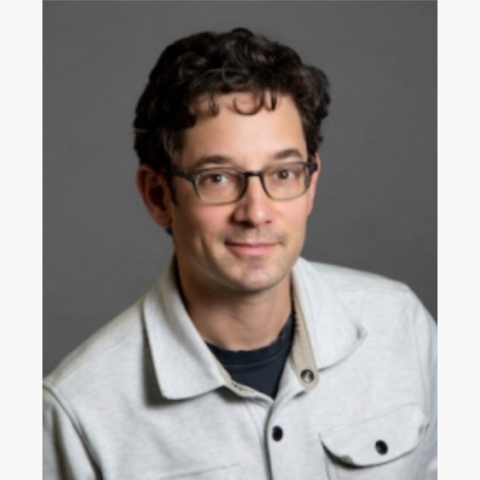
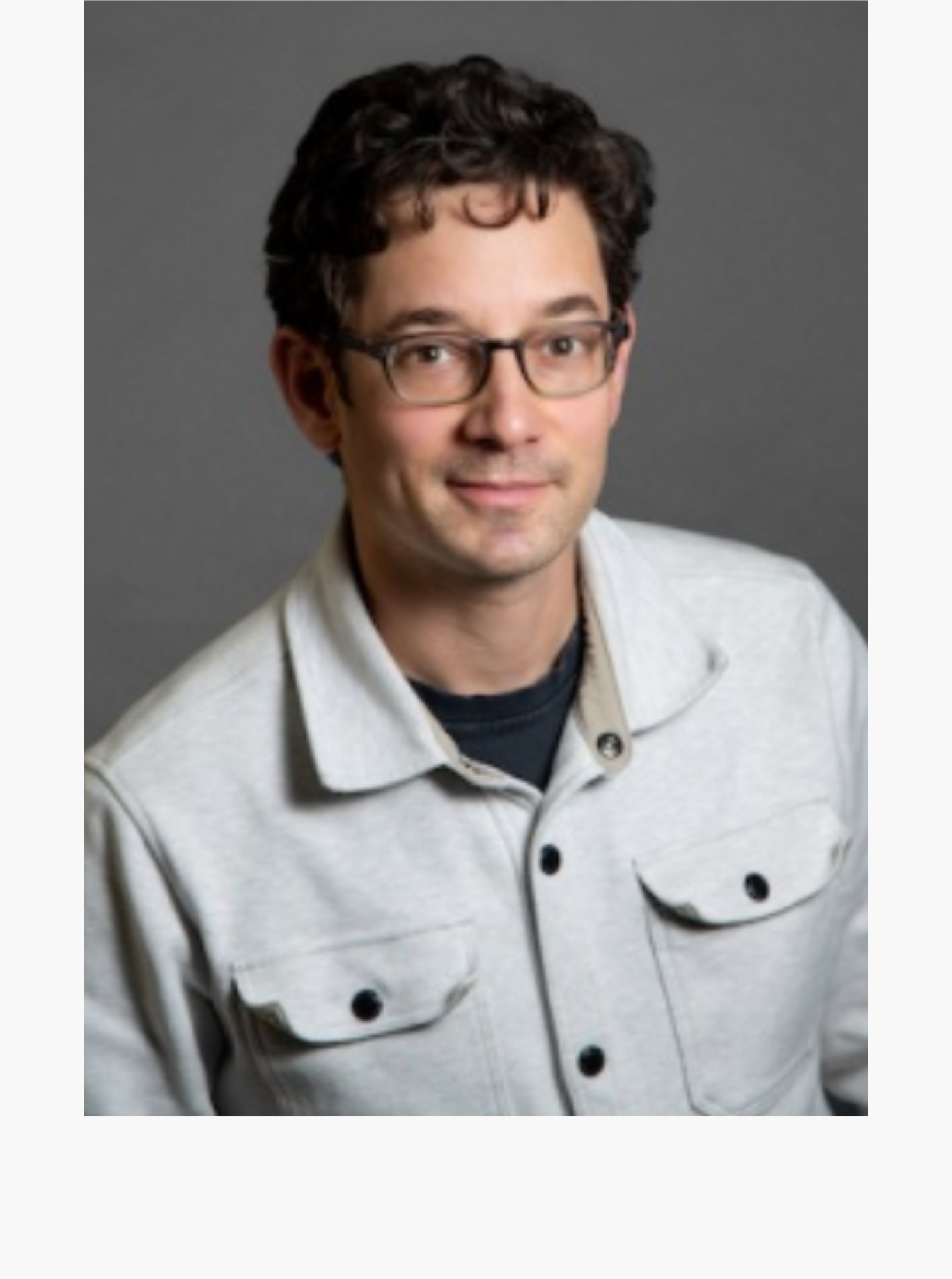
Fellowships, Residencies, and Visiting Engagements
Contact
Administrative Contact
Clinic
Neurology Central Line: 612-626-6688
EMG Clinic: 612-626-6680
Academic Administrative Assistant
Kayla Ayers
ayers106@umn.edu
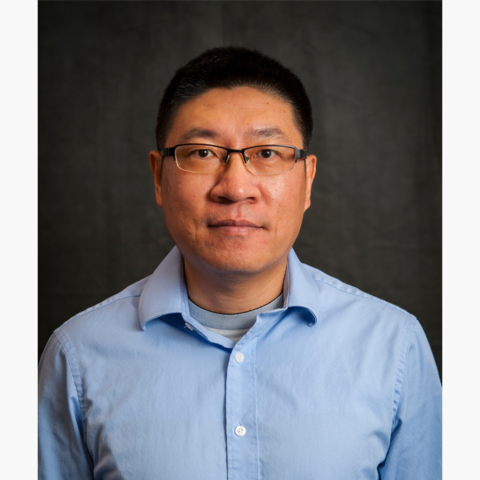
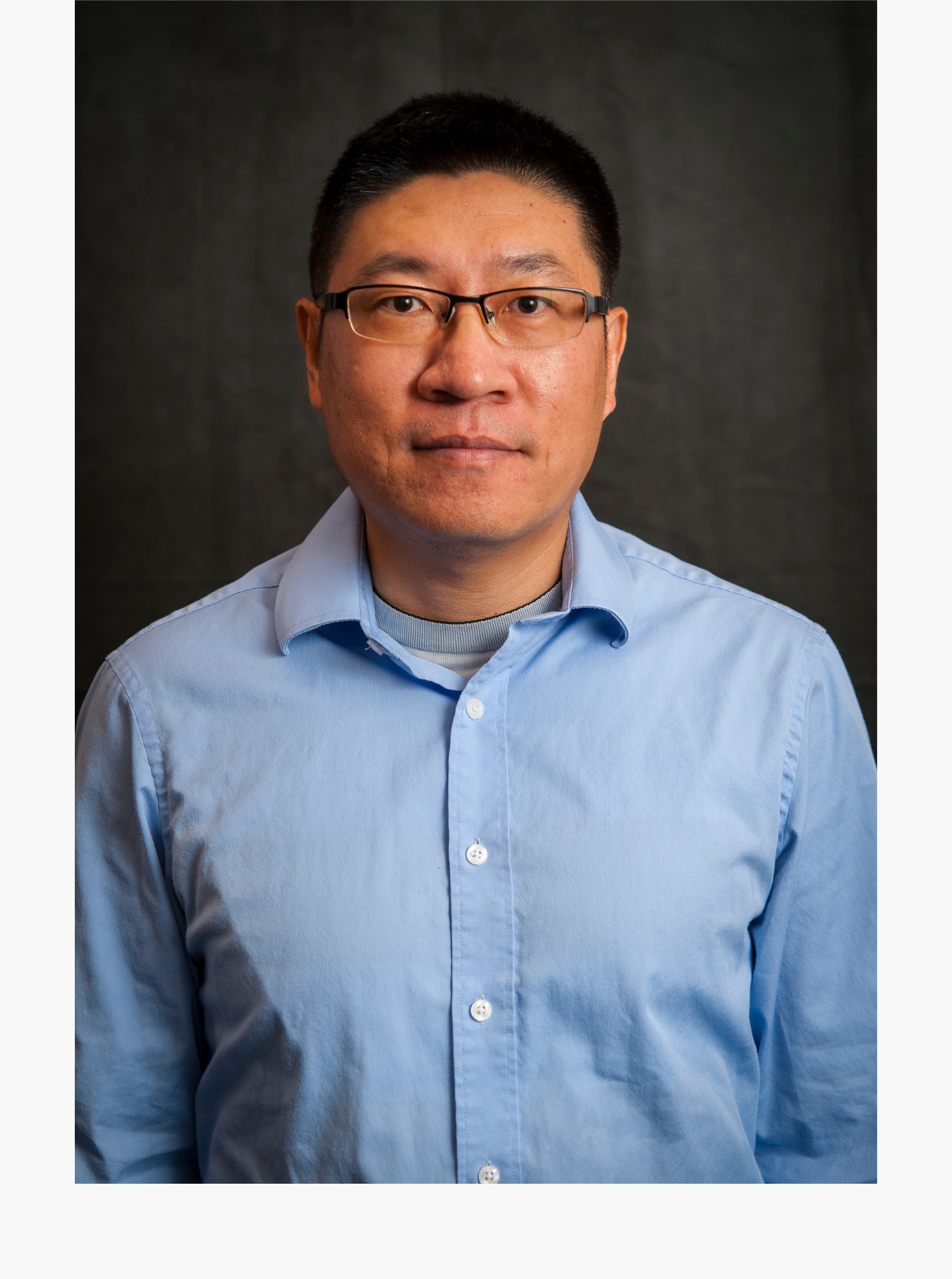
Contact
Address
Medical Biosciences Building2101 6th St SE
Minneapolis, MN 55455
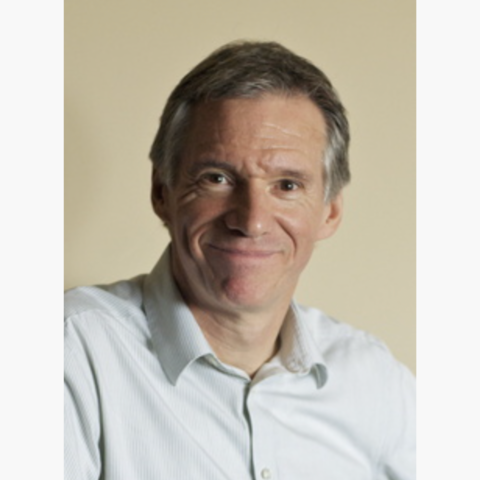
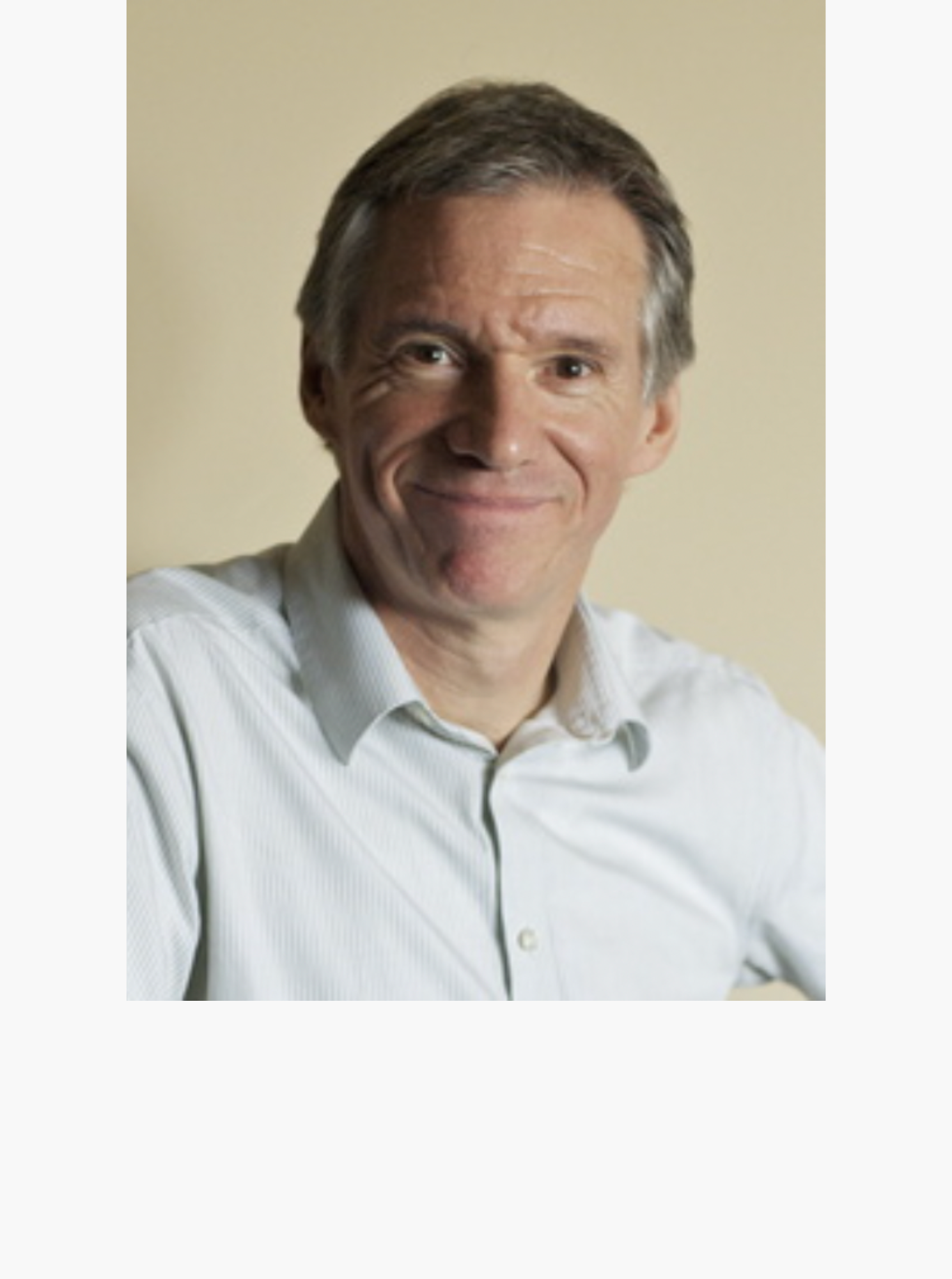
Education
Fellowships, Residencies, and Visiting Engagements
Contact
Address
Room 516E717 Delaware Street SE
Minneapolis, MN 55455
Administrative Contact
Shannon McCrady
mccra148@umn.edu
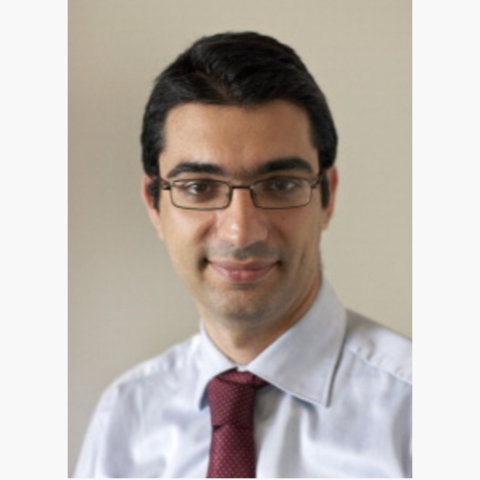
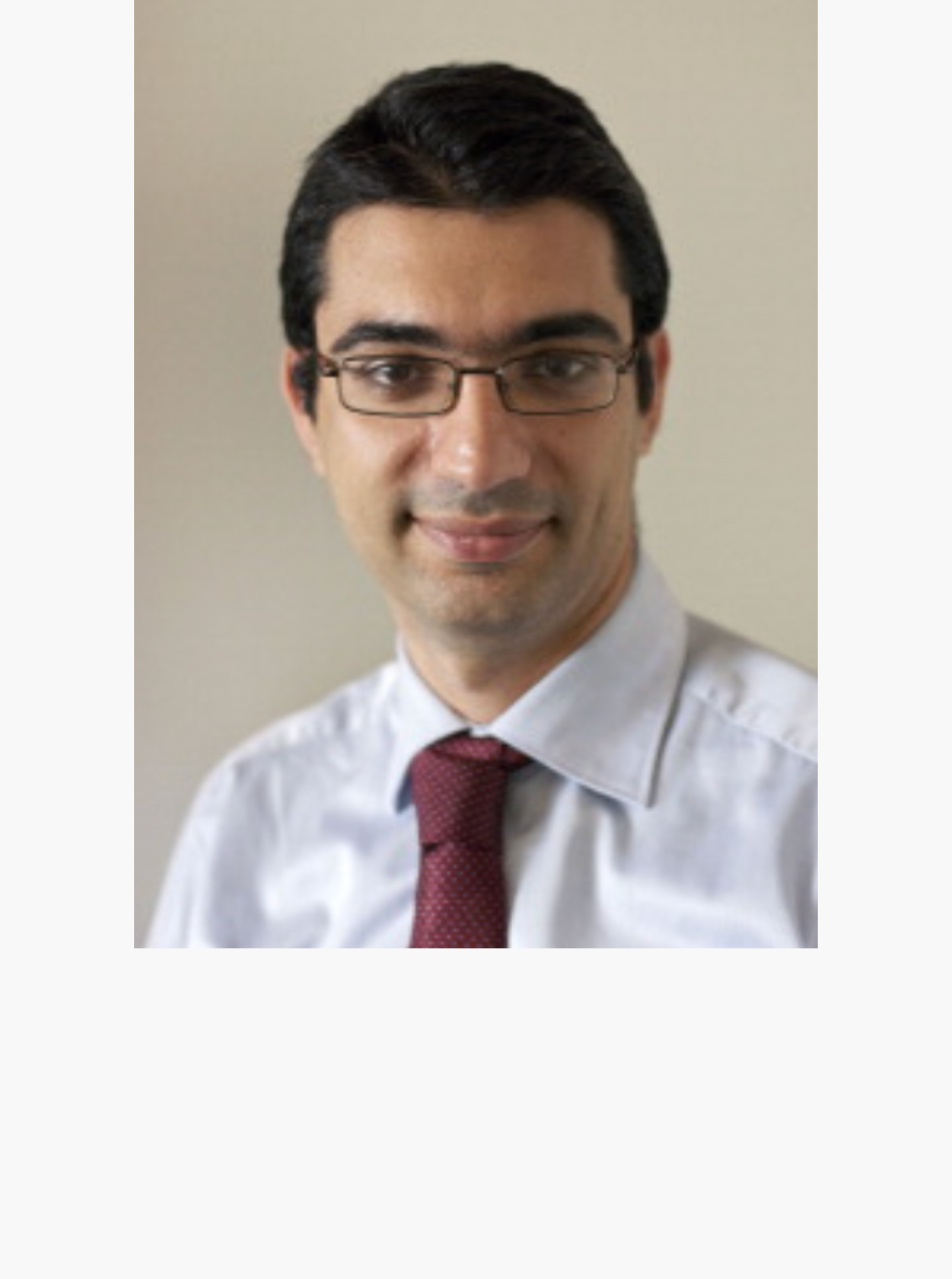
Bio
I have been at the University of Minnesota since 2012, and Director of the Neuromuscular Medicine Fellowship Program since 2017. My priorities include offering exceptional clinical care for patients with neuromuscular diseases, providing the most up-to-date neuromuscular education to students, residents, and fellows, and researching new therapeutic options for neuromuscular conditions that represent unmet medical needs, with a specific focus on myopathies of adults and ALS.
Clinical Summary
- ALS Peripheral neuropathy
- Neuromuscular junction disorders
- Muscular dystrophies of adults
- Acquired myopathies of adults
Education
Fellowships, Residencies, and Visiting Engagements
Licensures and Certifications
Honors and Recognition
Selected Publications
Contact
Address
12-138 PWB420 Delaware Street SE
Minneapolis, MN 55455
Administrative Contact
Clinic
Neurology Central Line: 612-626-6688
Minneapolis CSC - EMG Clinic: 612-626-6680
Edina: 952-836-3695
Academic Administrative Assistant
Cathie Witzel
witz0007@umn.edu
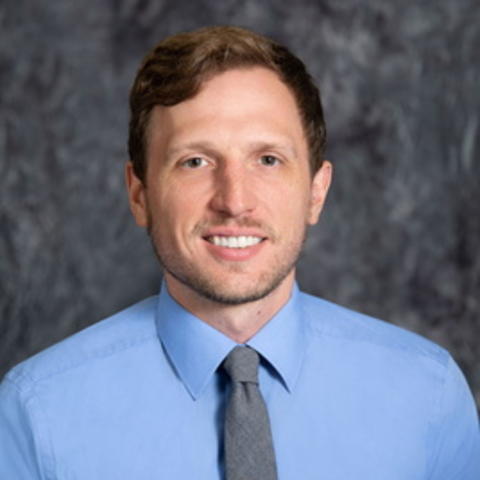
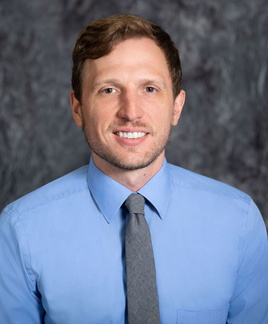
Service Summary
Professional Associations: American Academy of Neurology (Member), American Association of Neuromuscular & Electrodiagnostic Medicine (Member)
Education
Fellowships, Residencies, and Visiting Engagements
Contact
Address
PWB 12-100516 Delaware Street SE
Minneapolis, MN 55455
Administrative Contact
Clinic
Neurology Central Line: 612-626-6688
Minneapolis CSC - EMG Clinic: 612-626-6680
Academic Administrative Assistant
Kayla Ayers
ayers106@umn.edu
